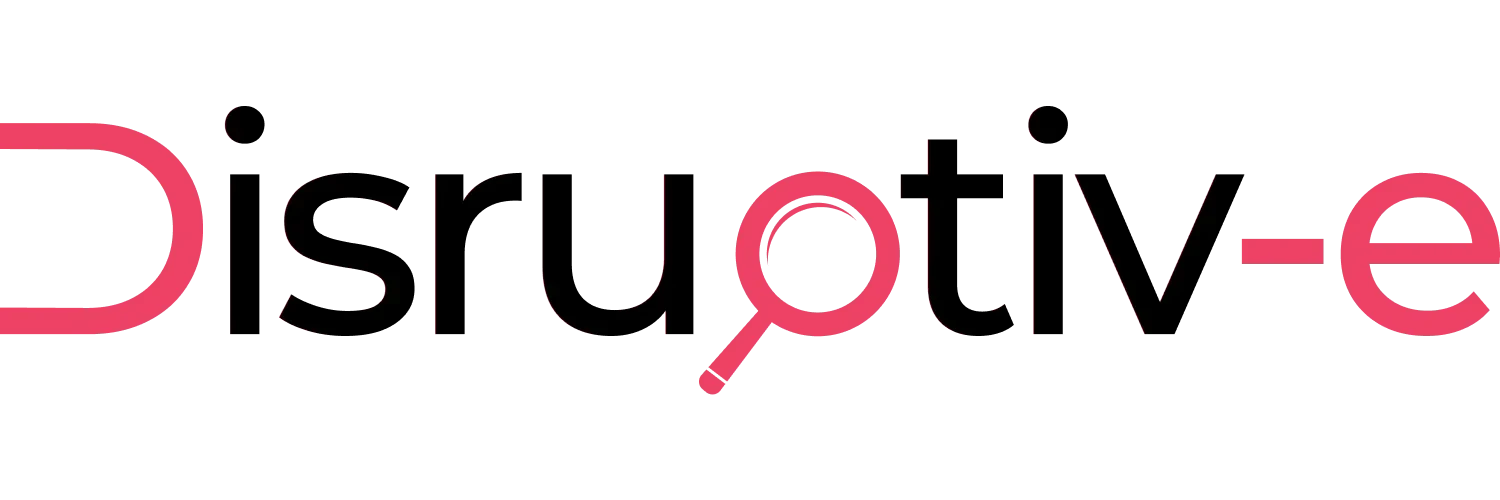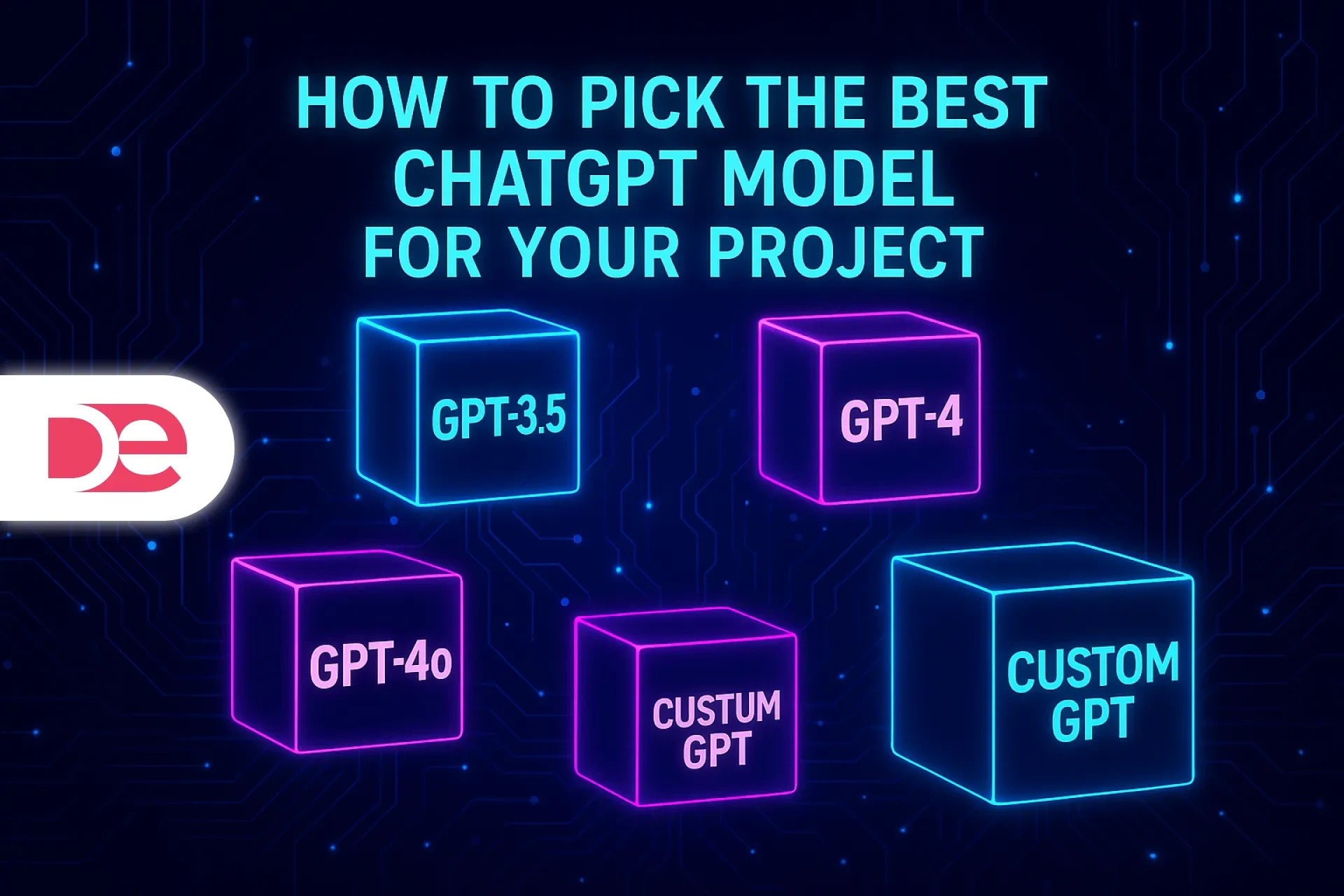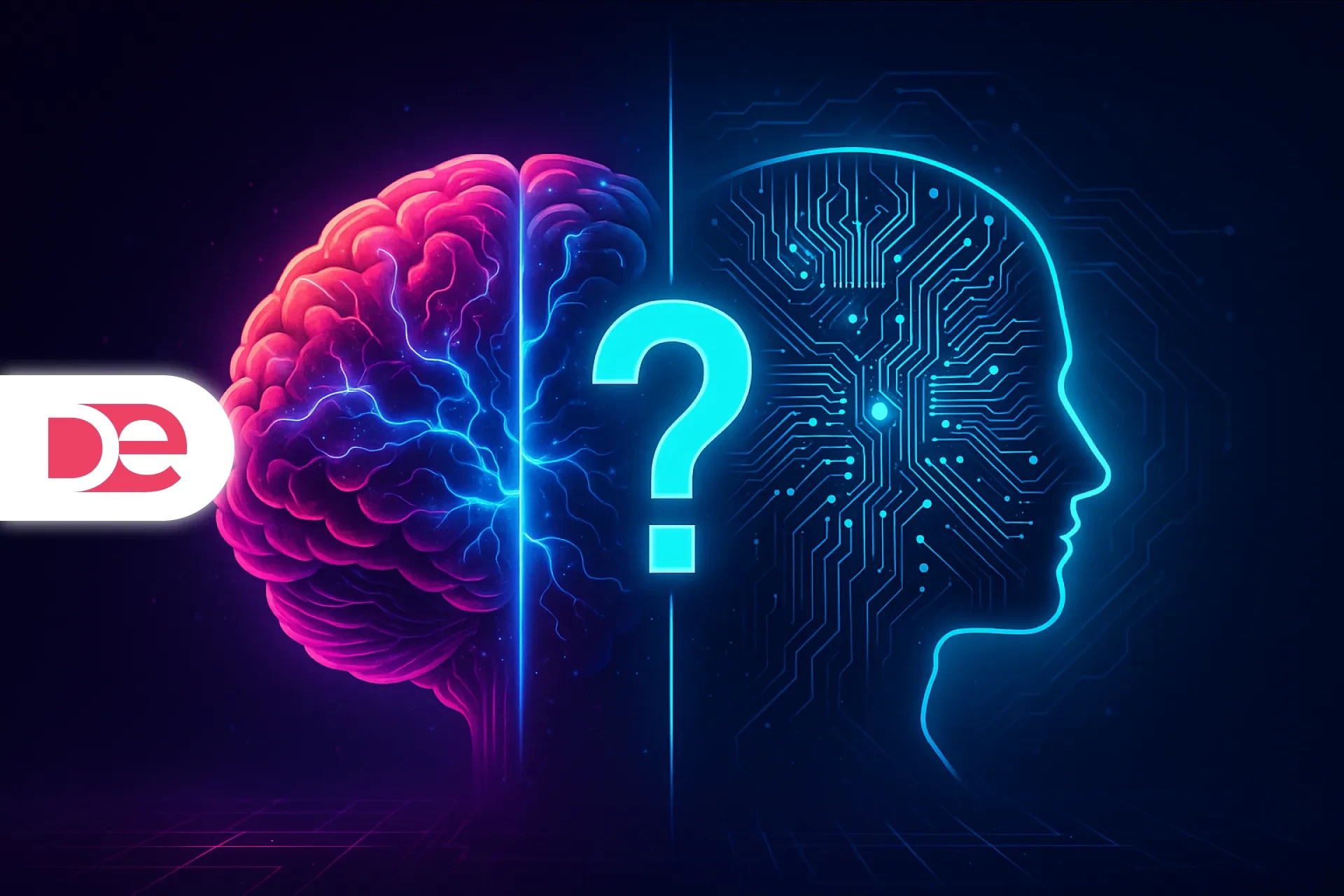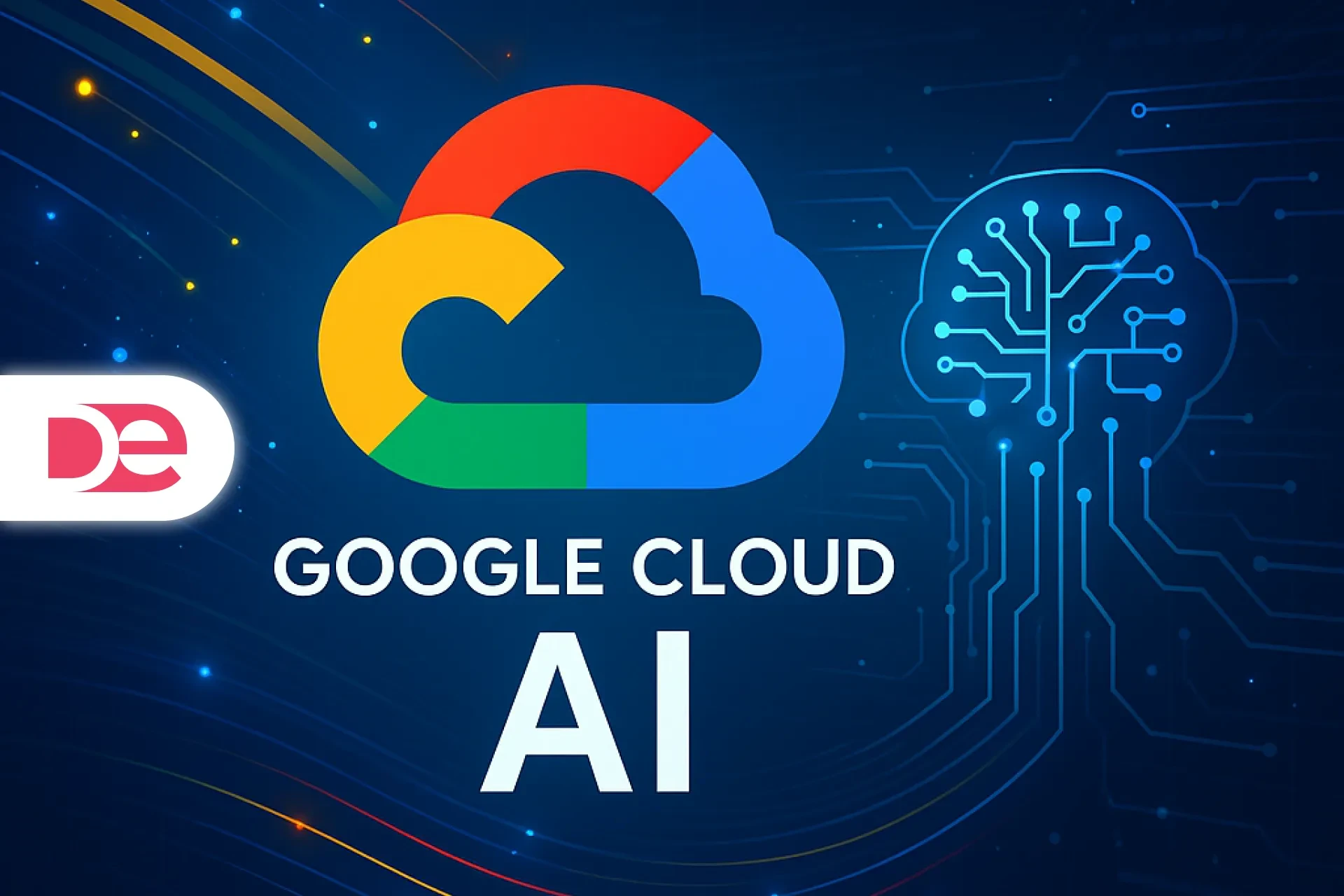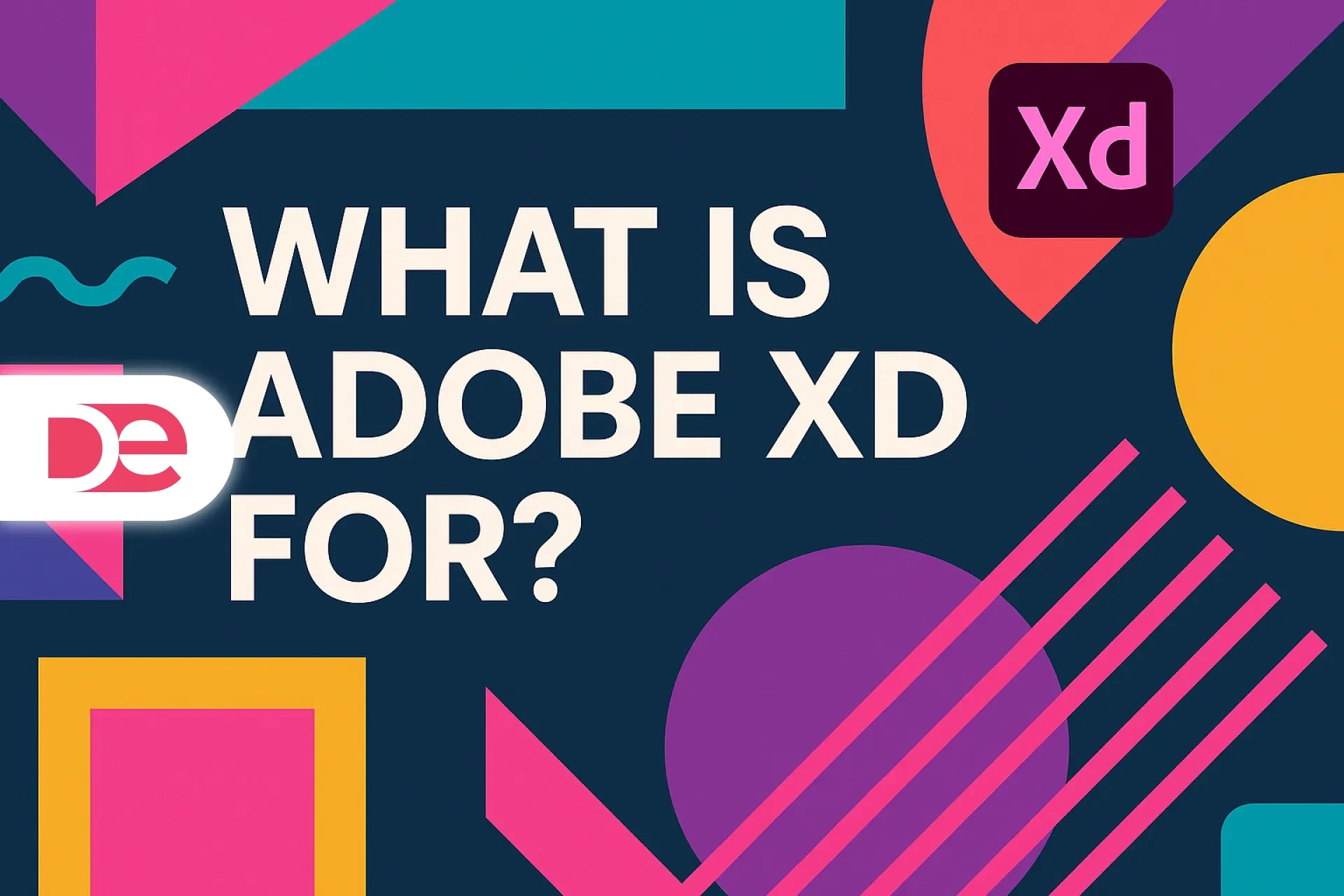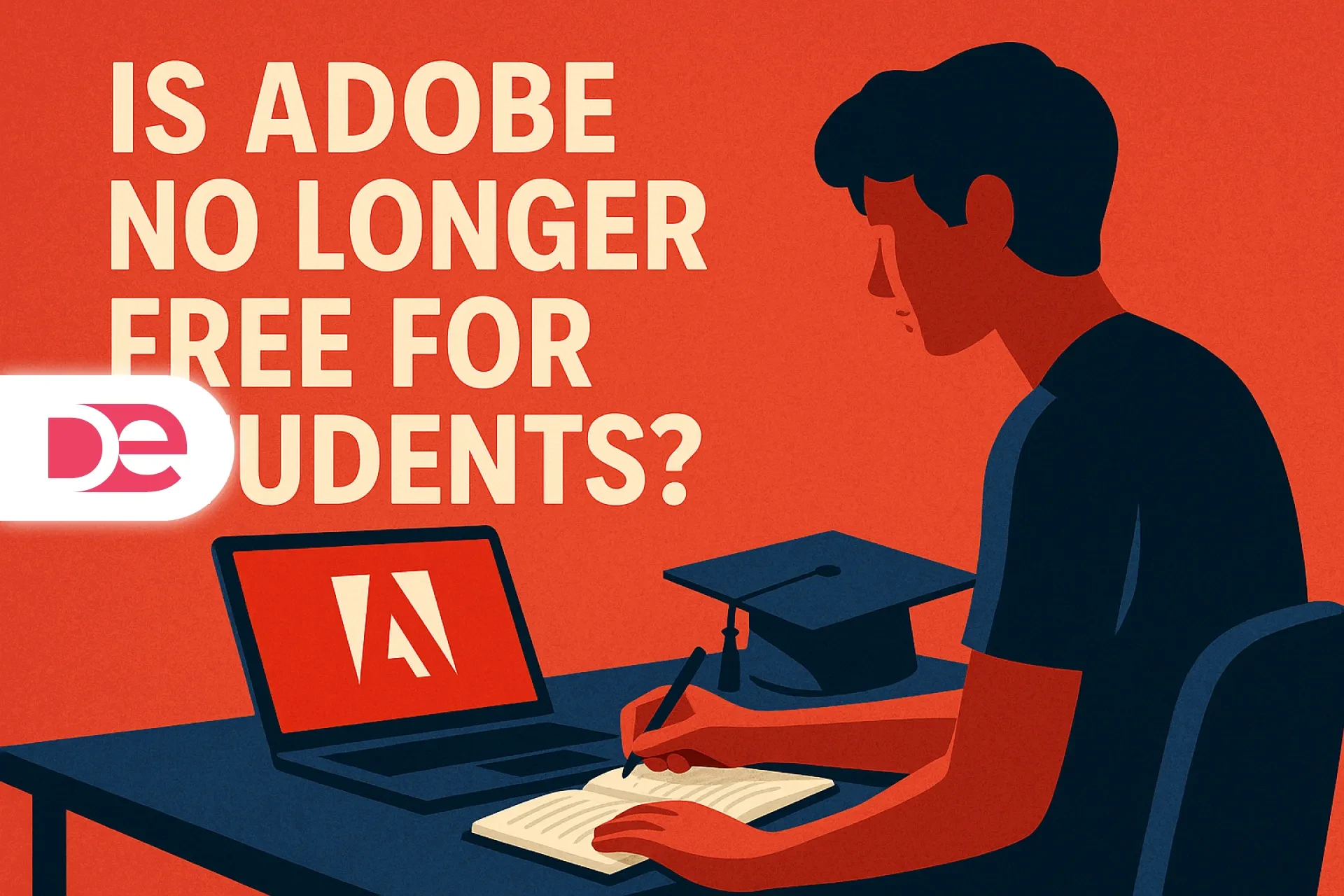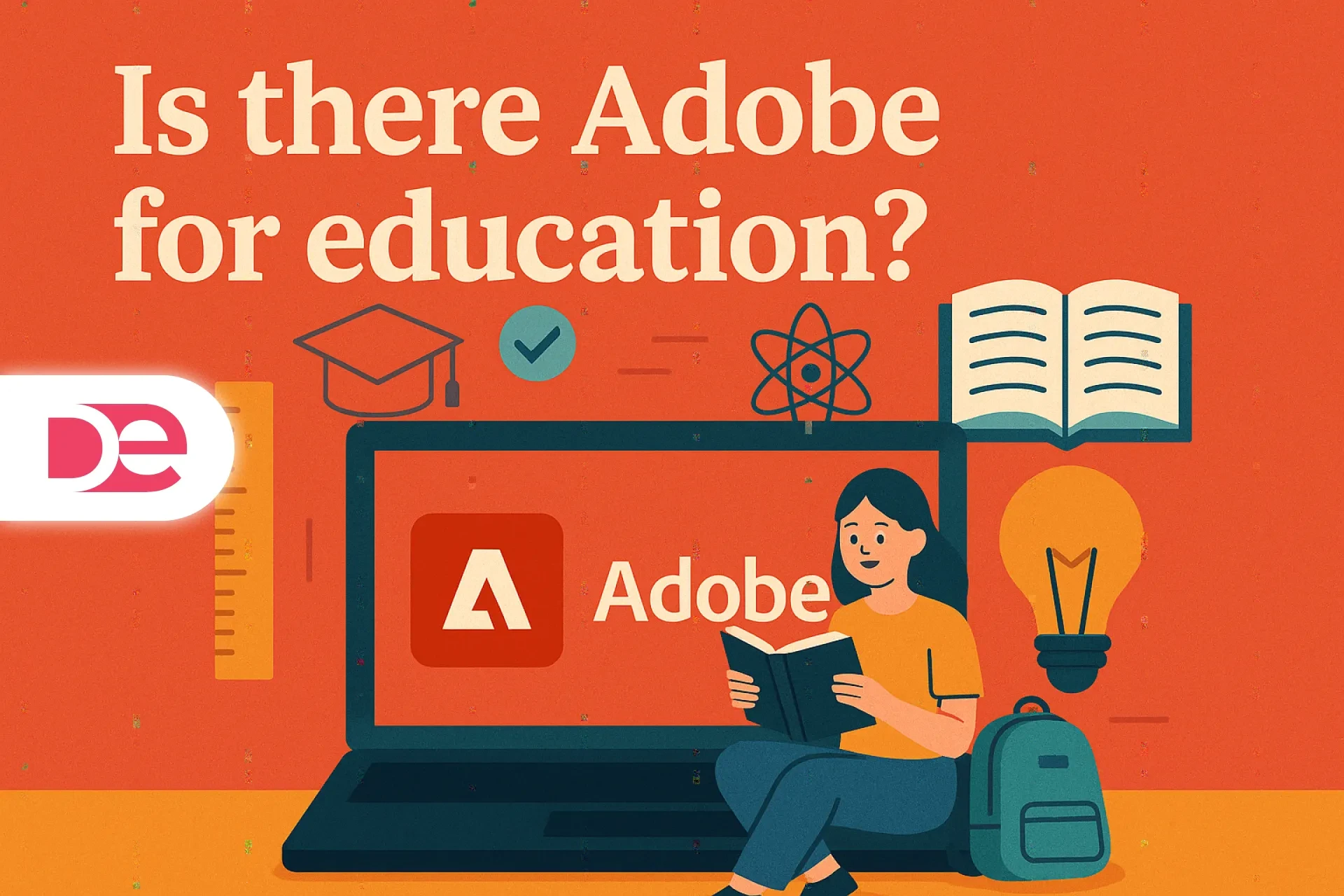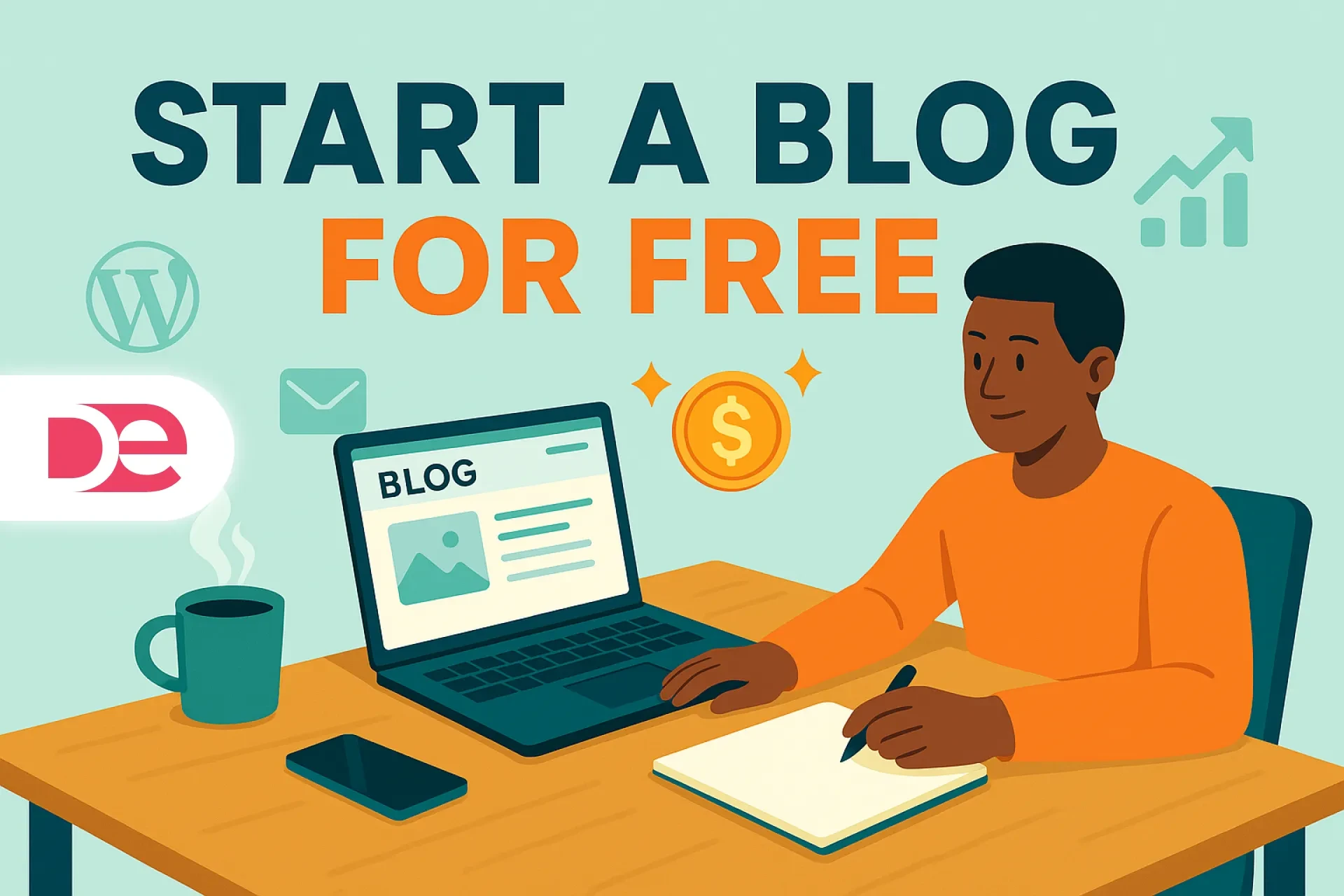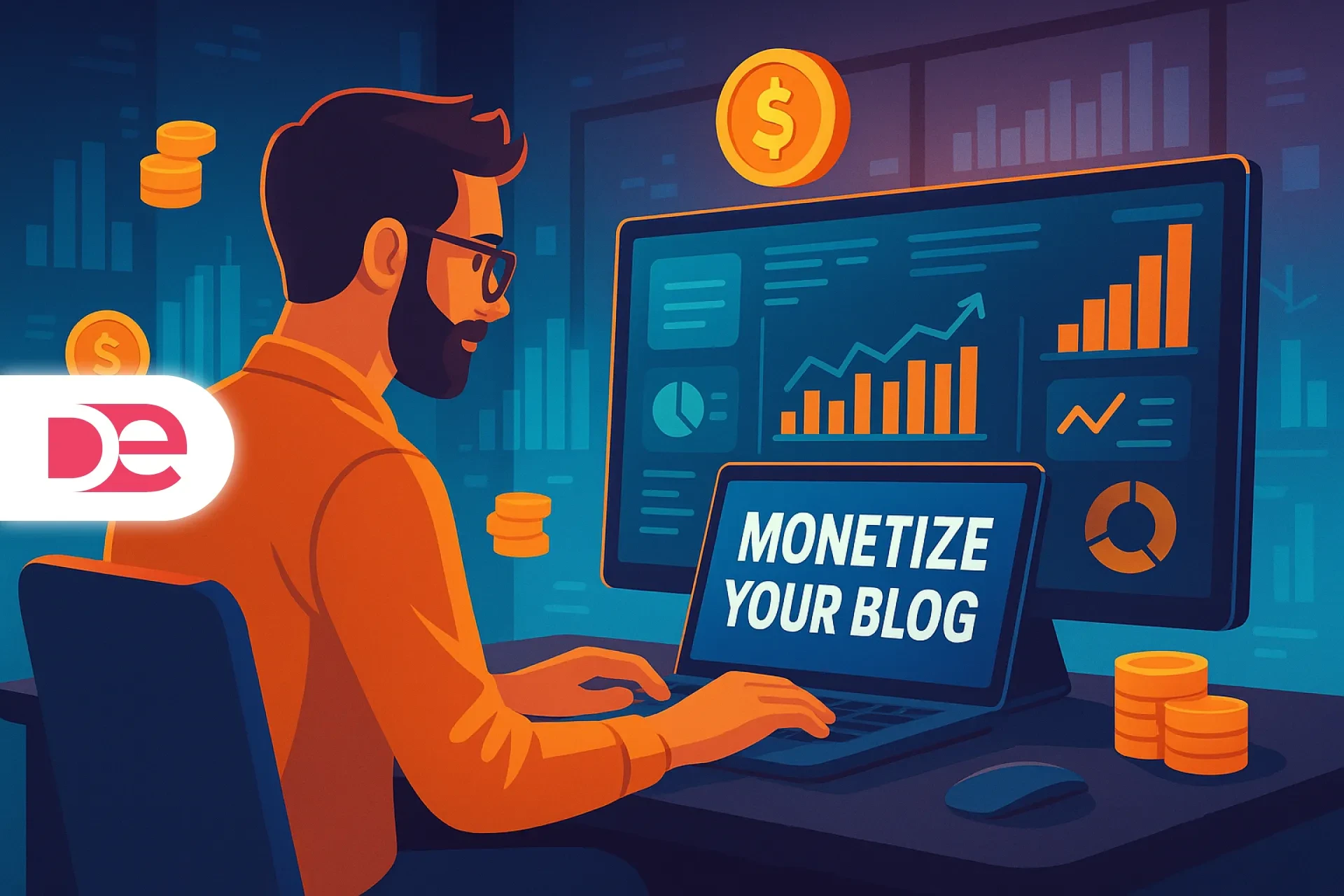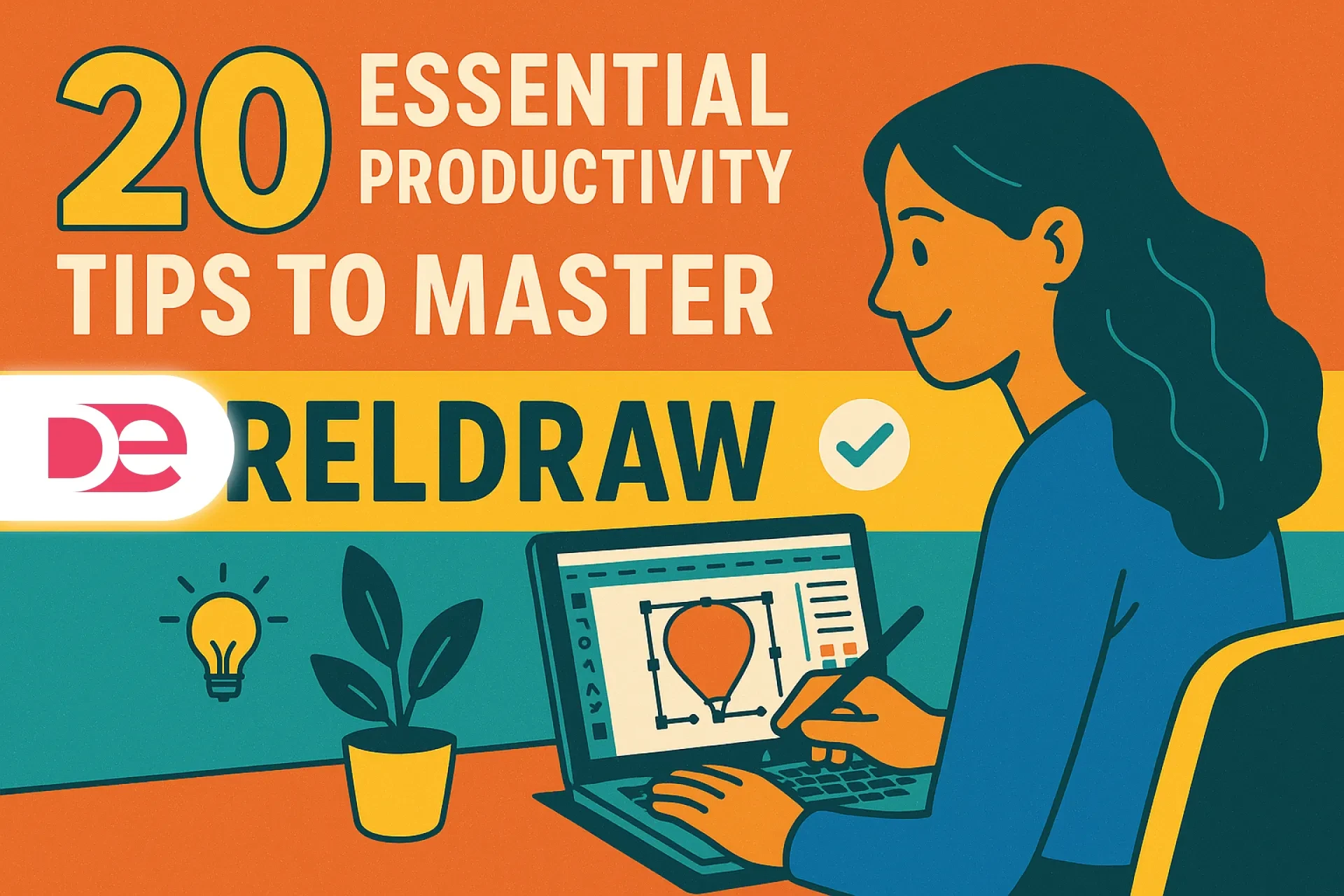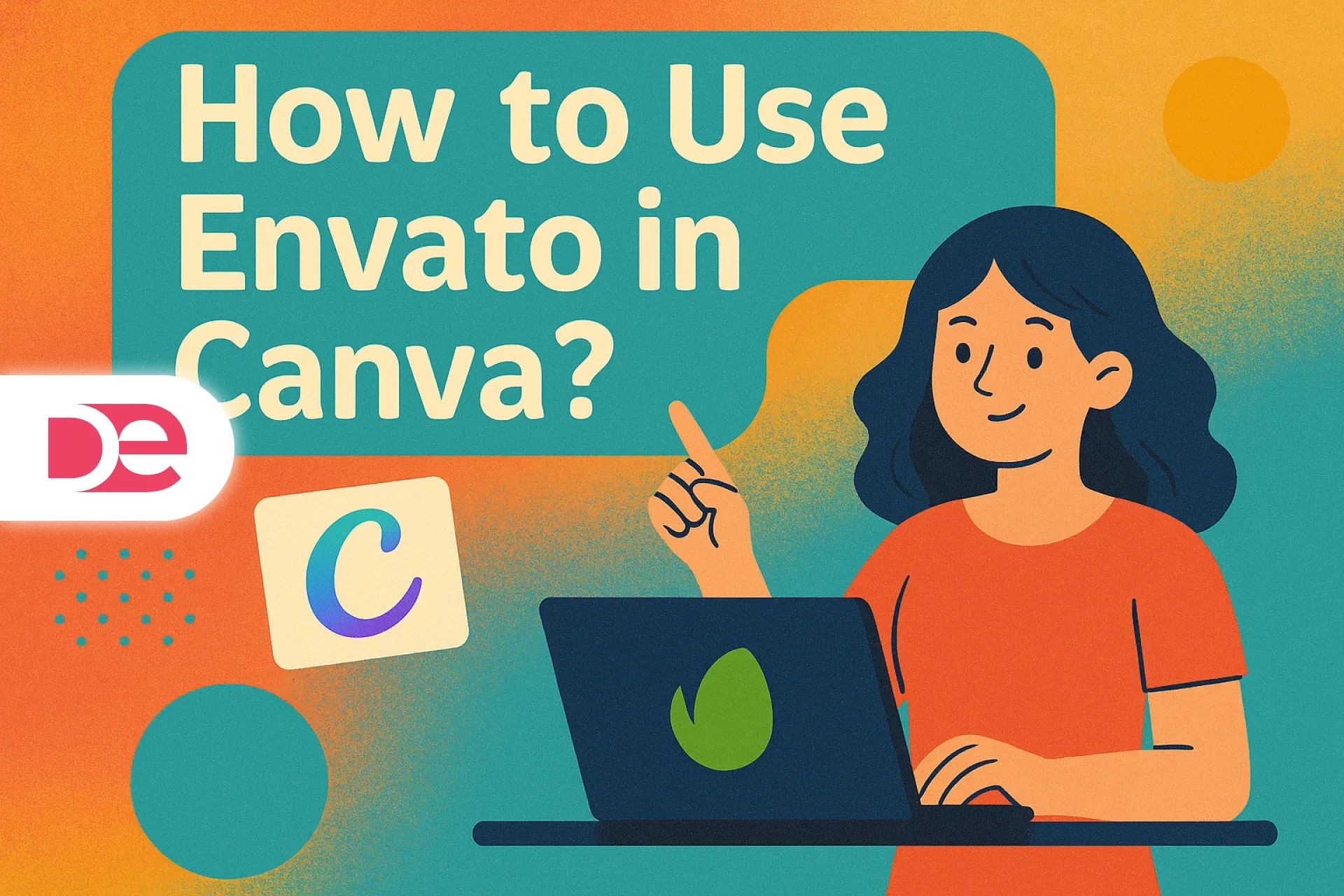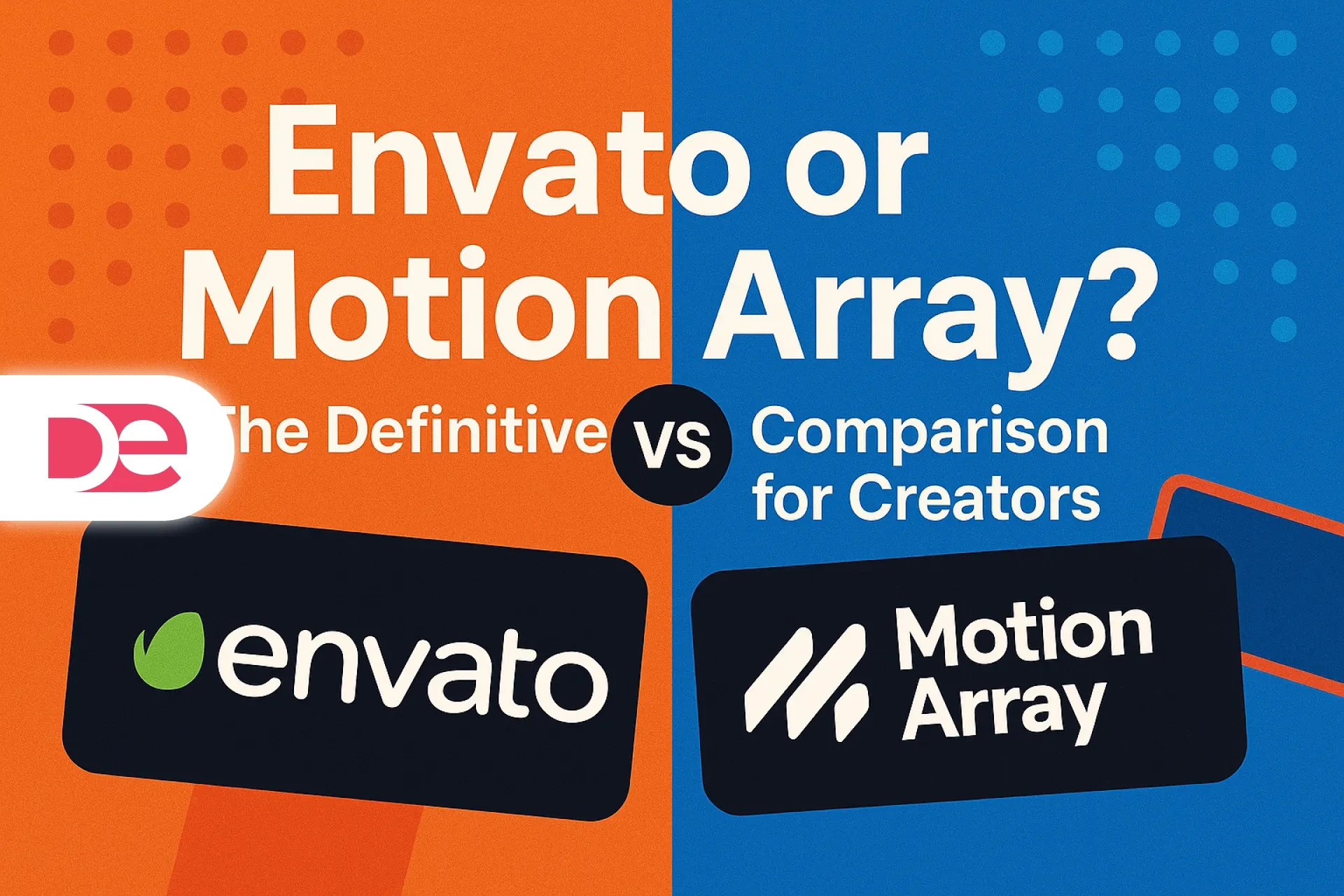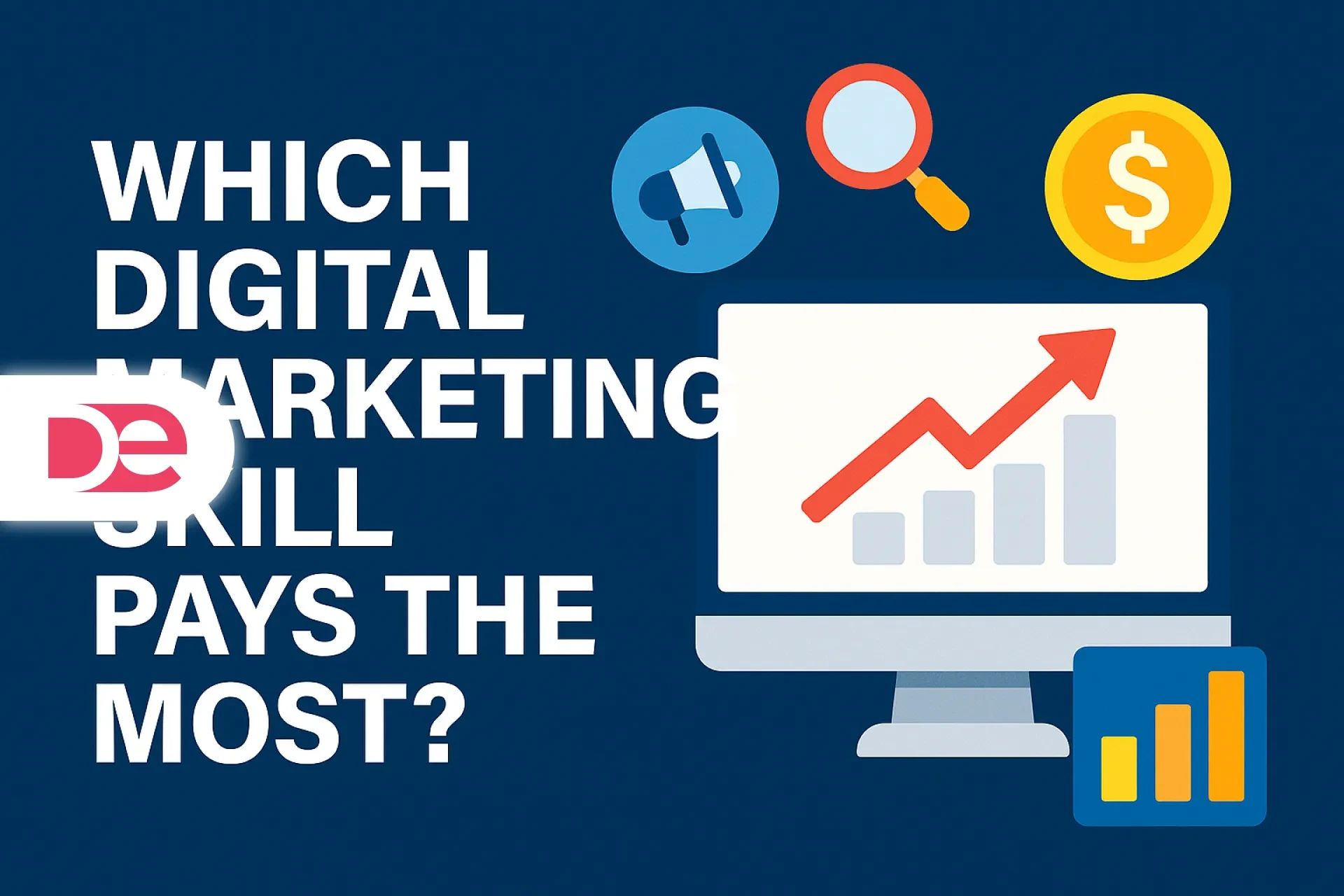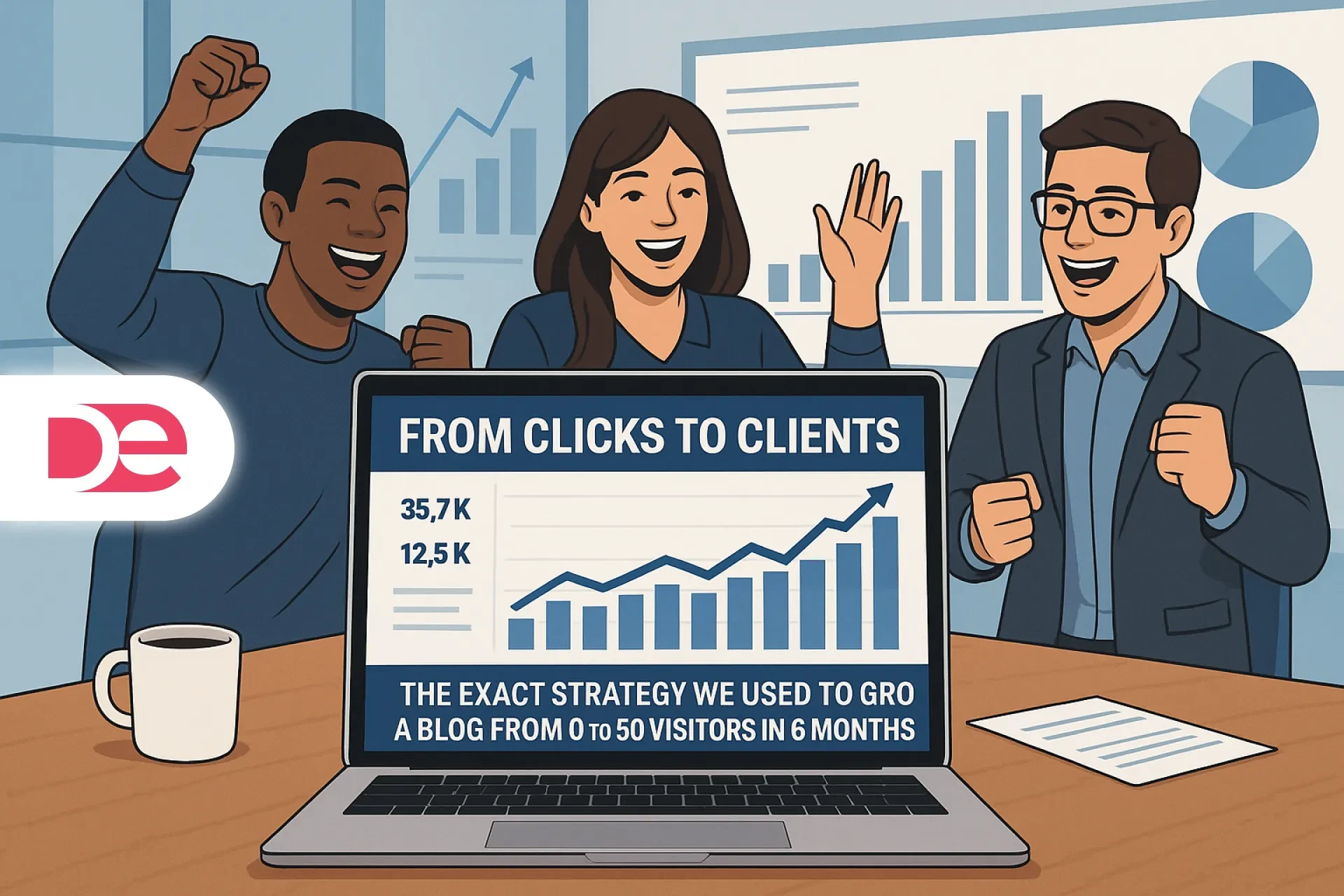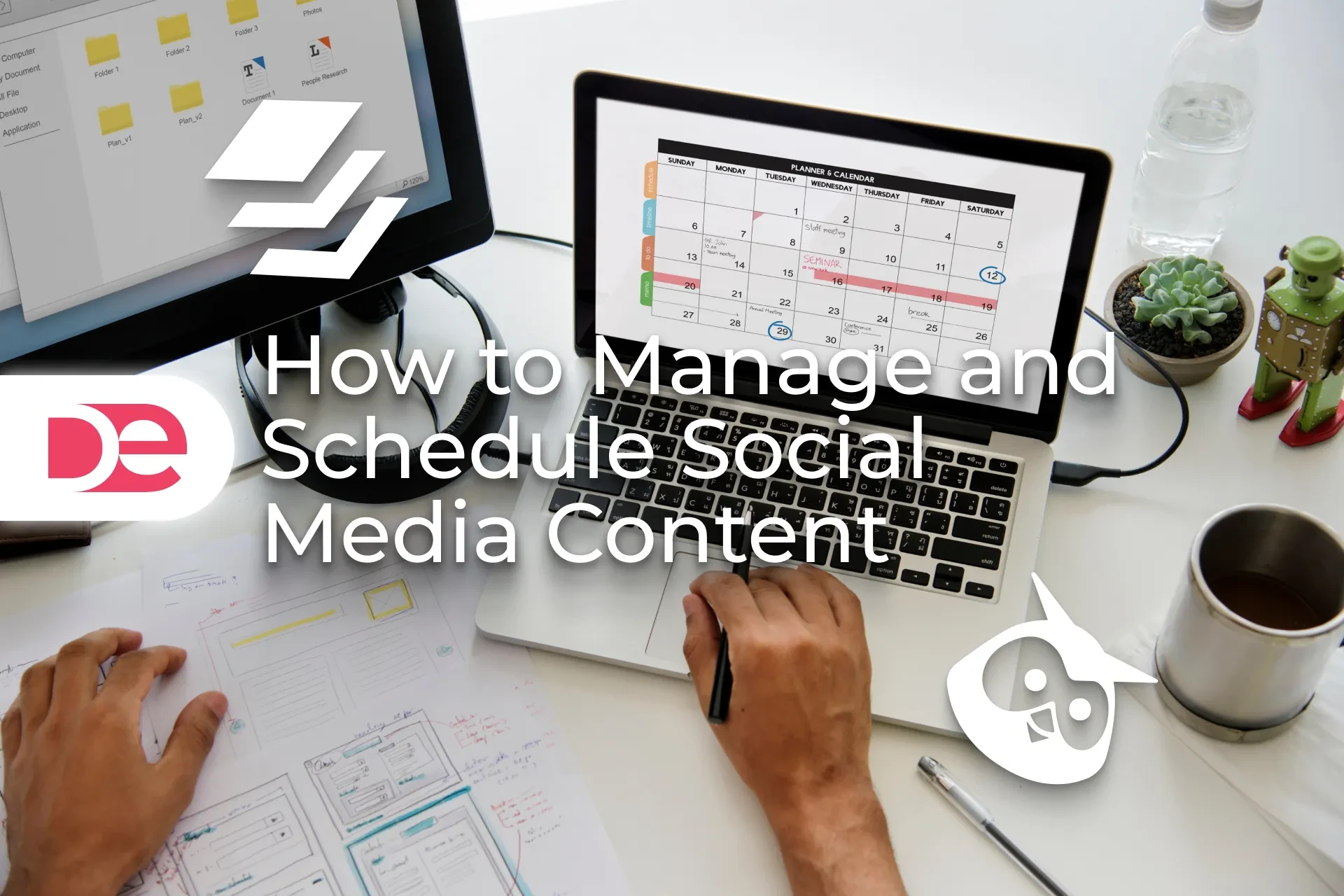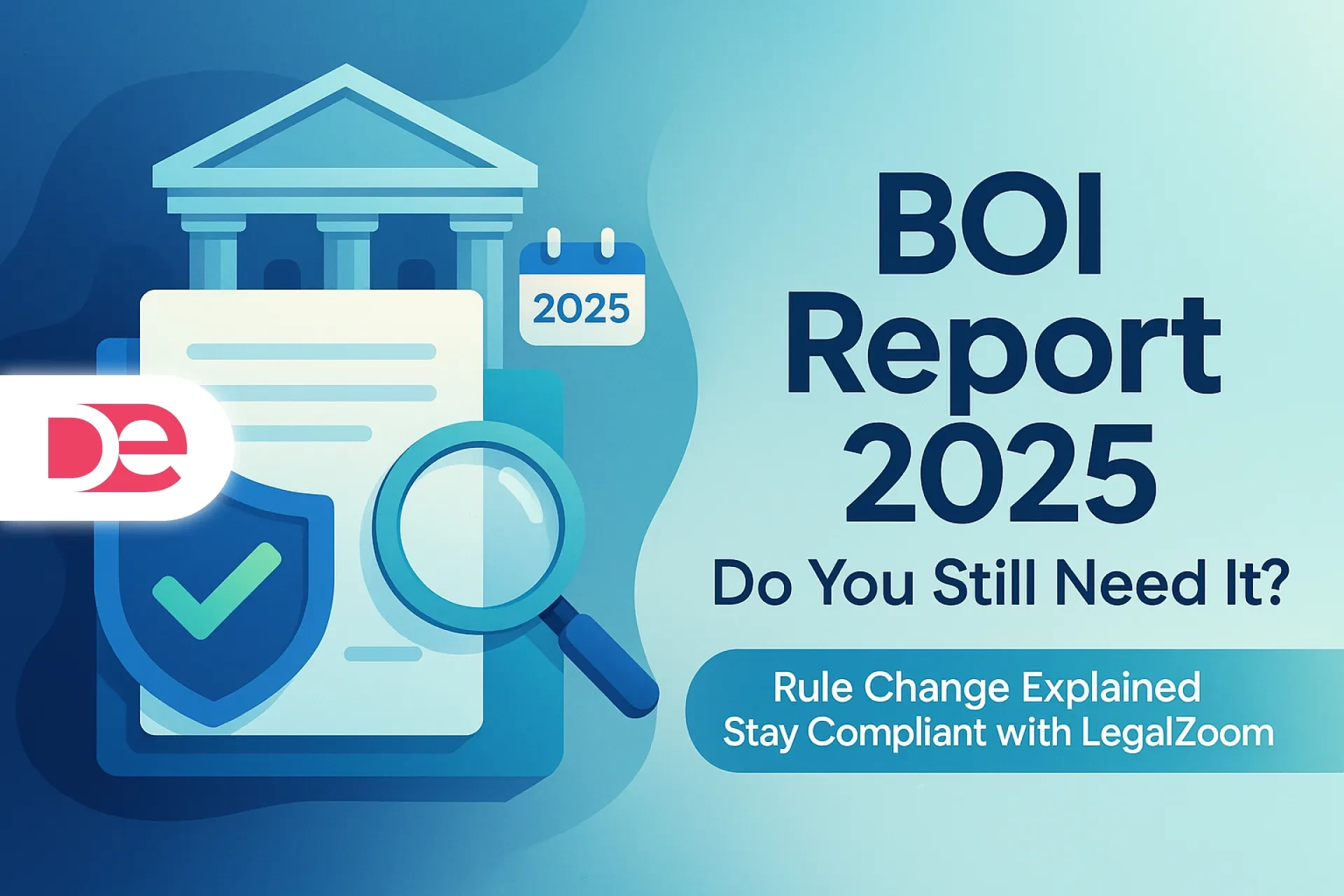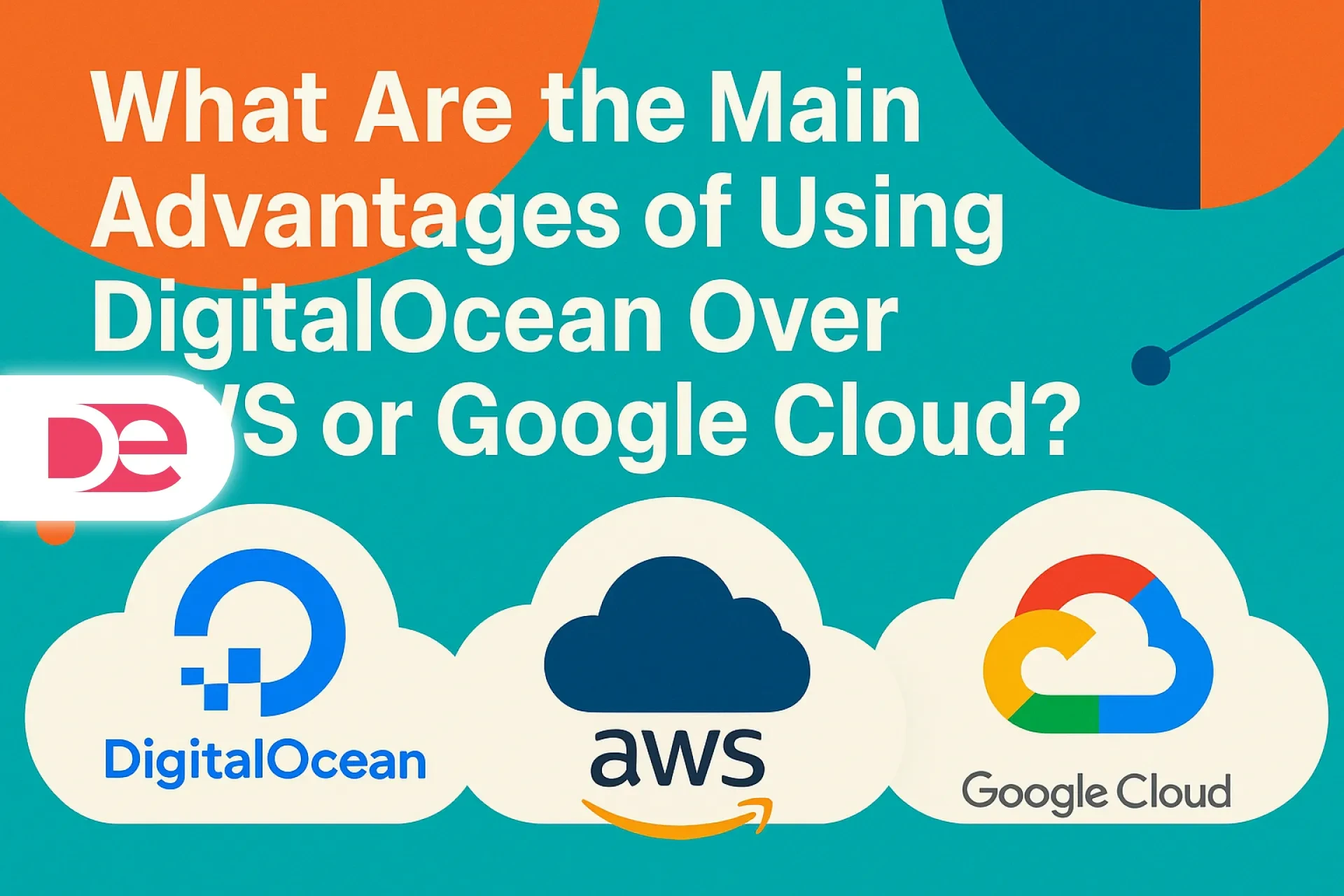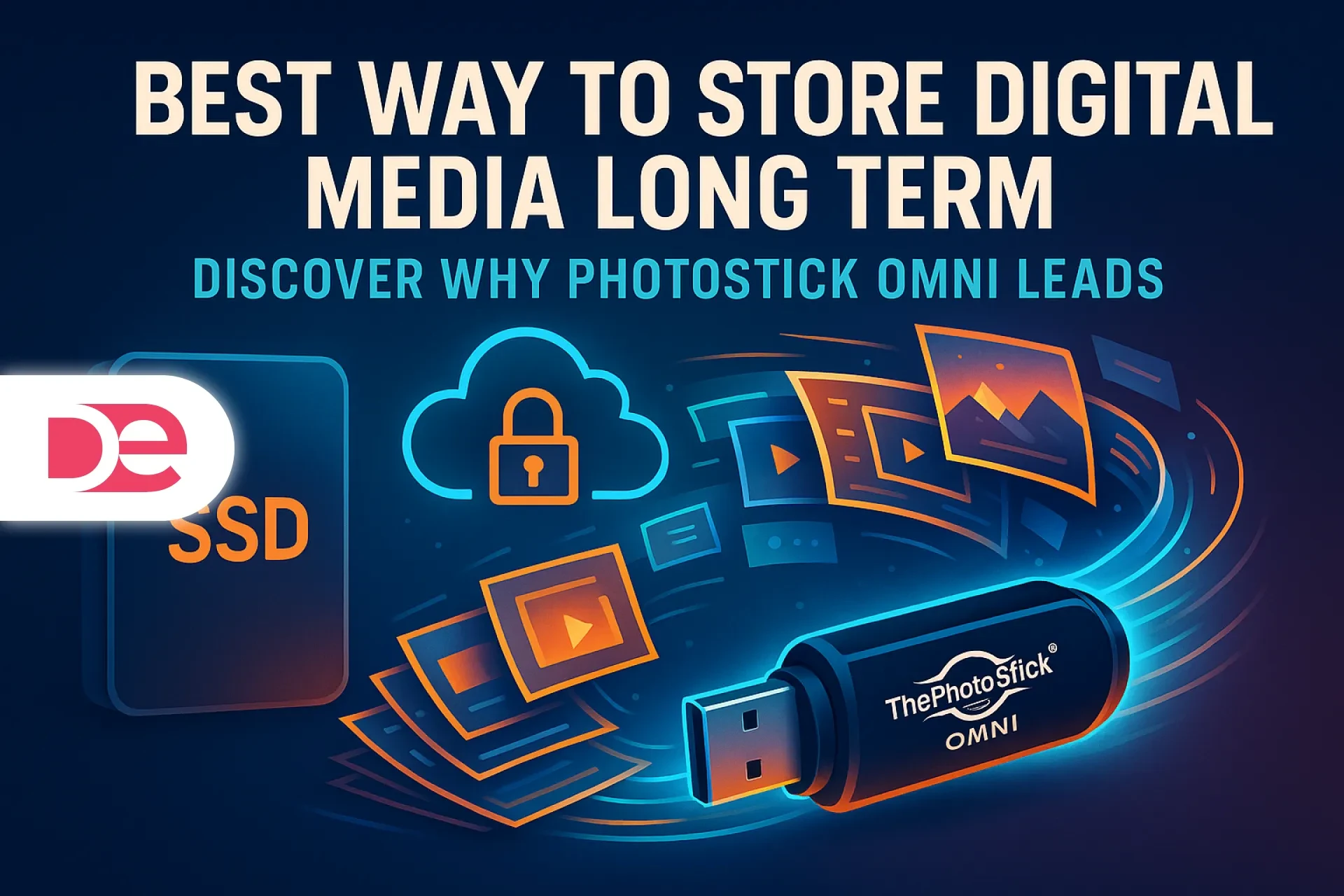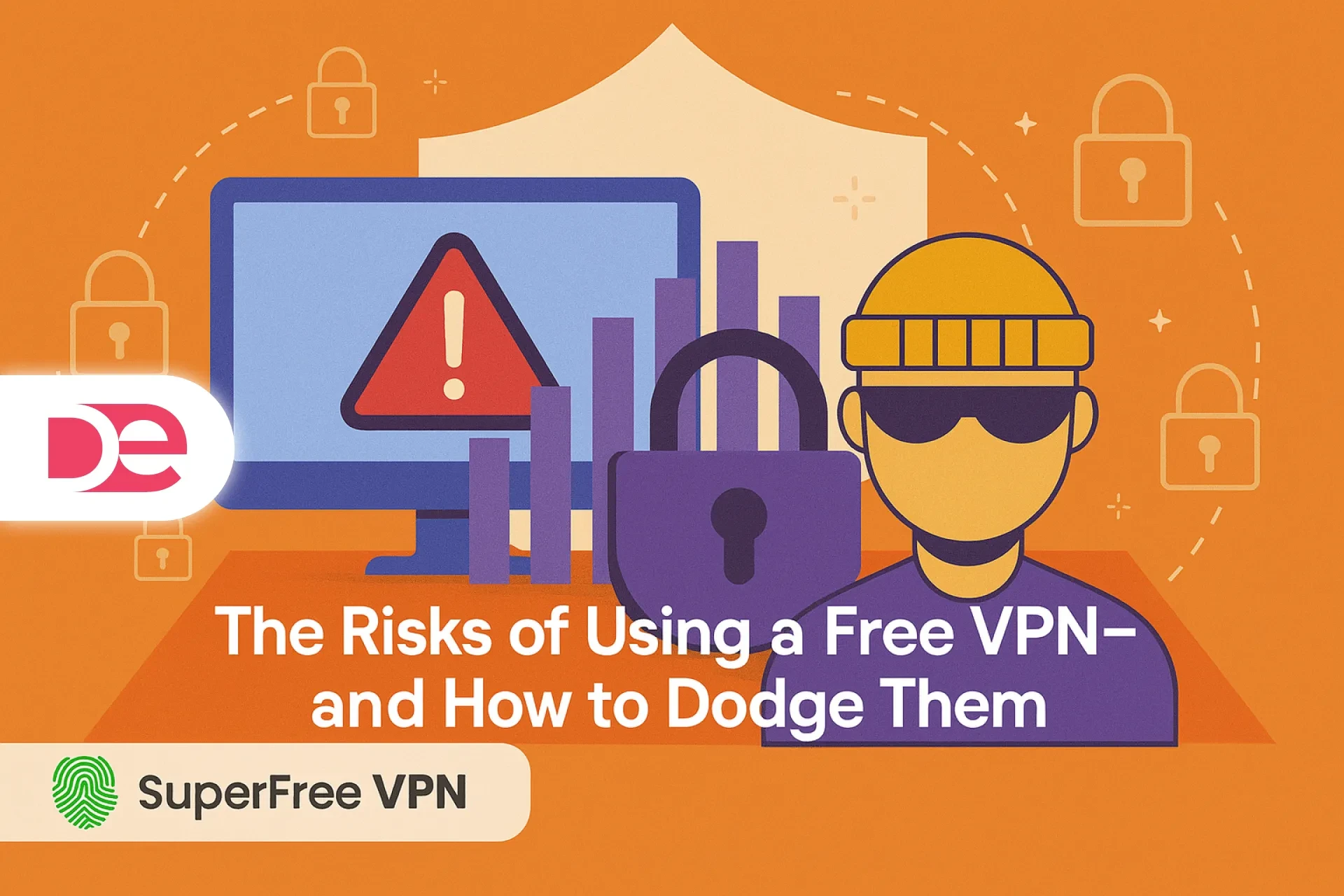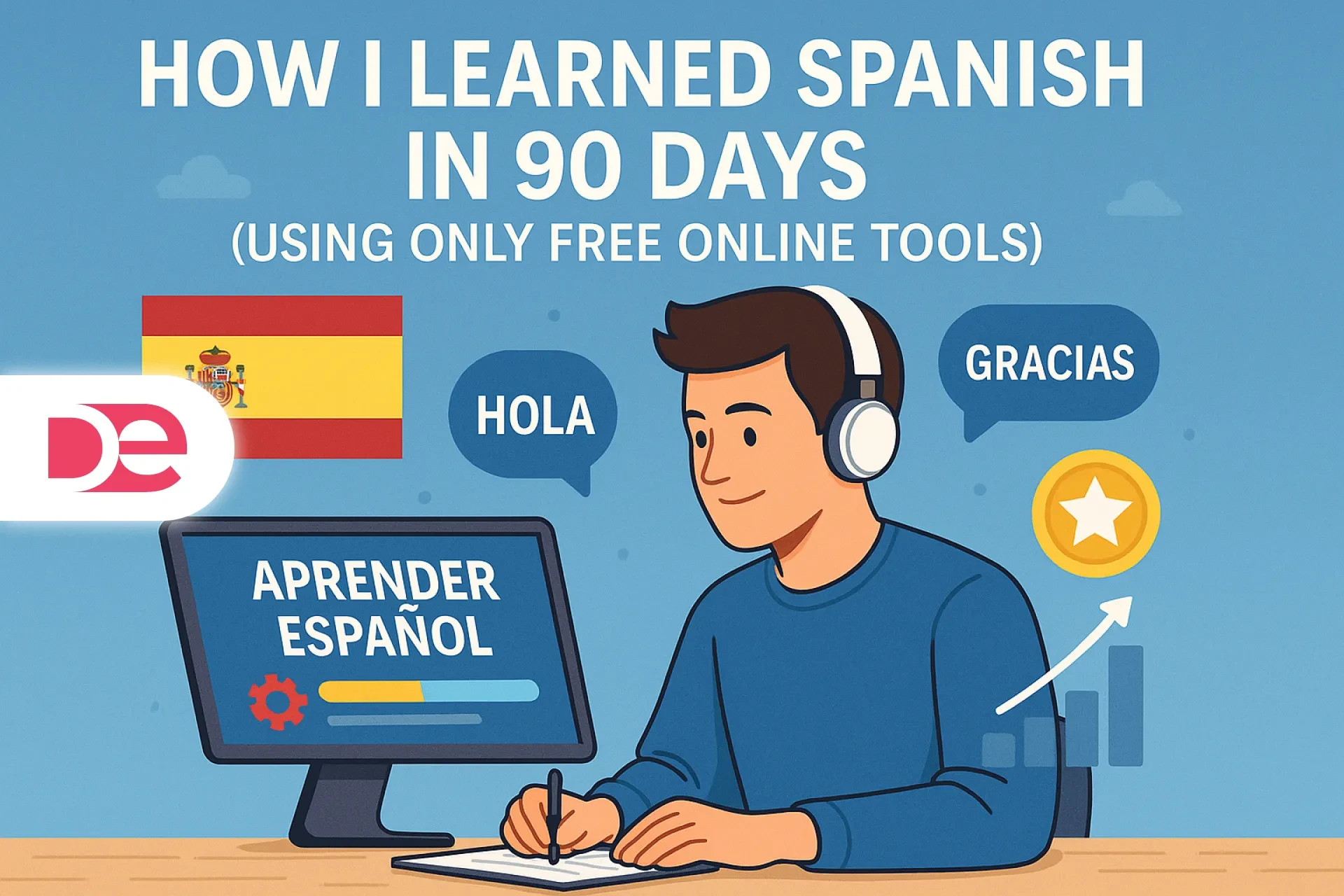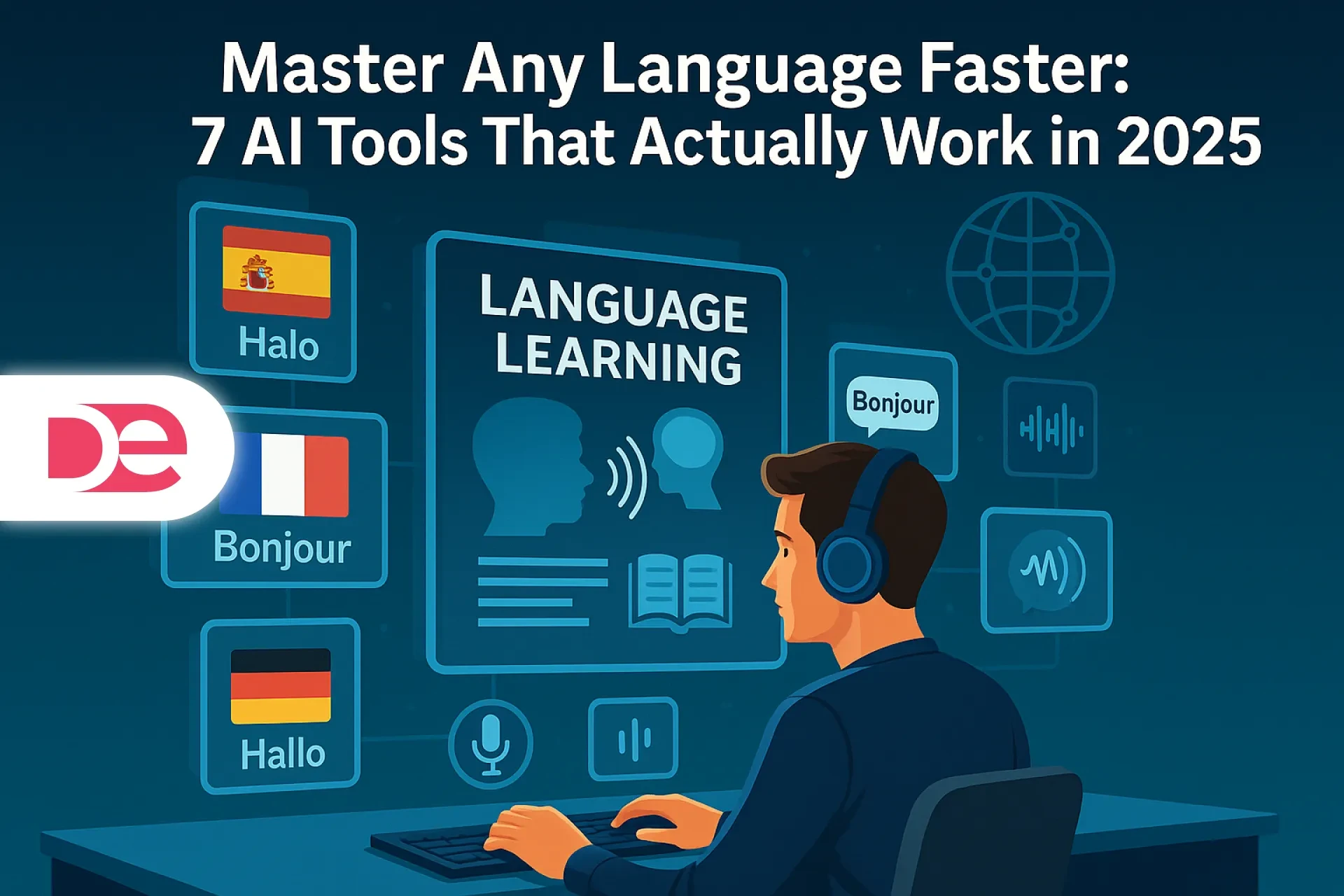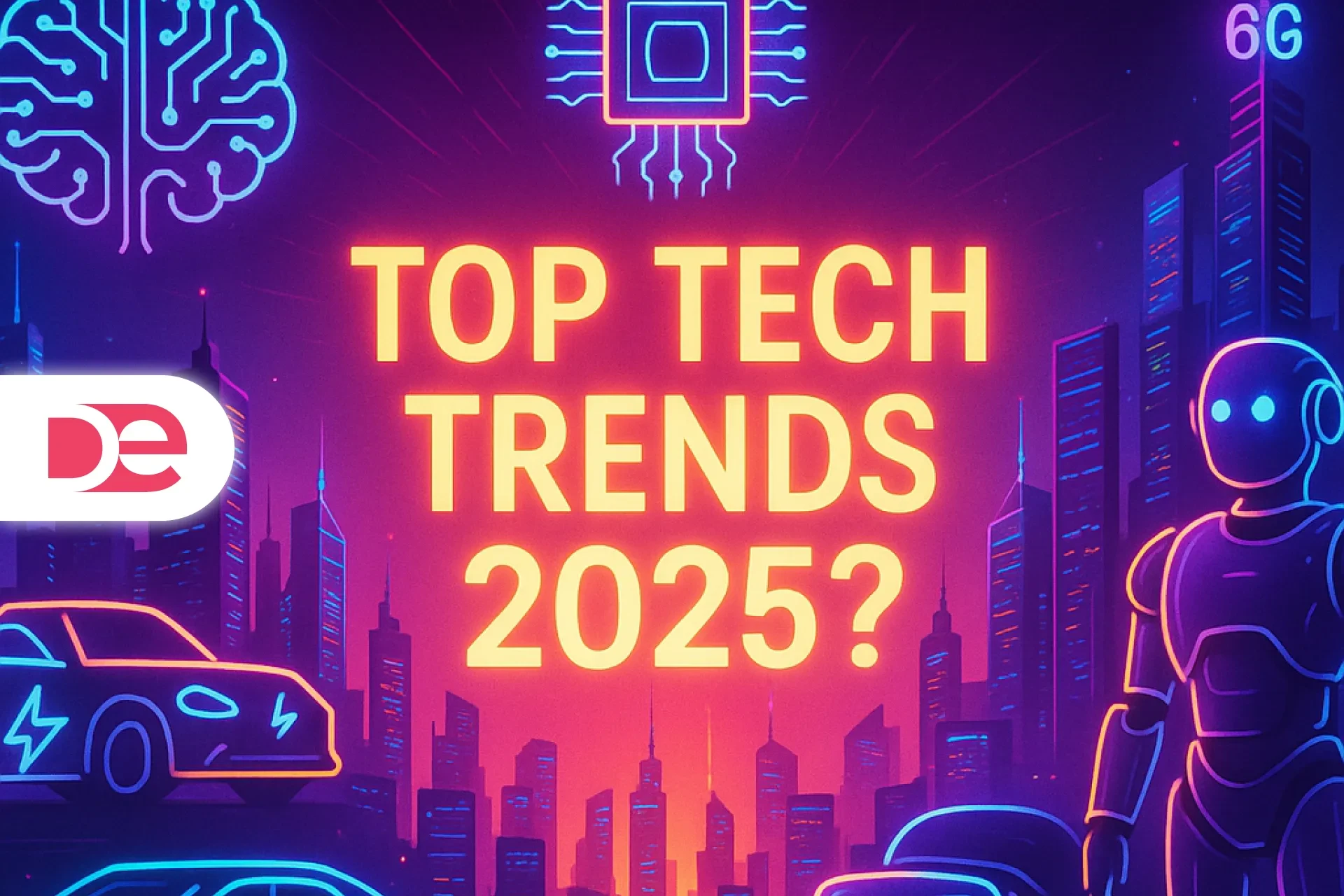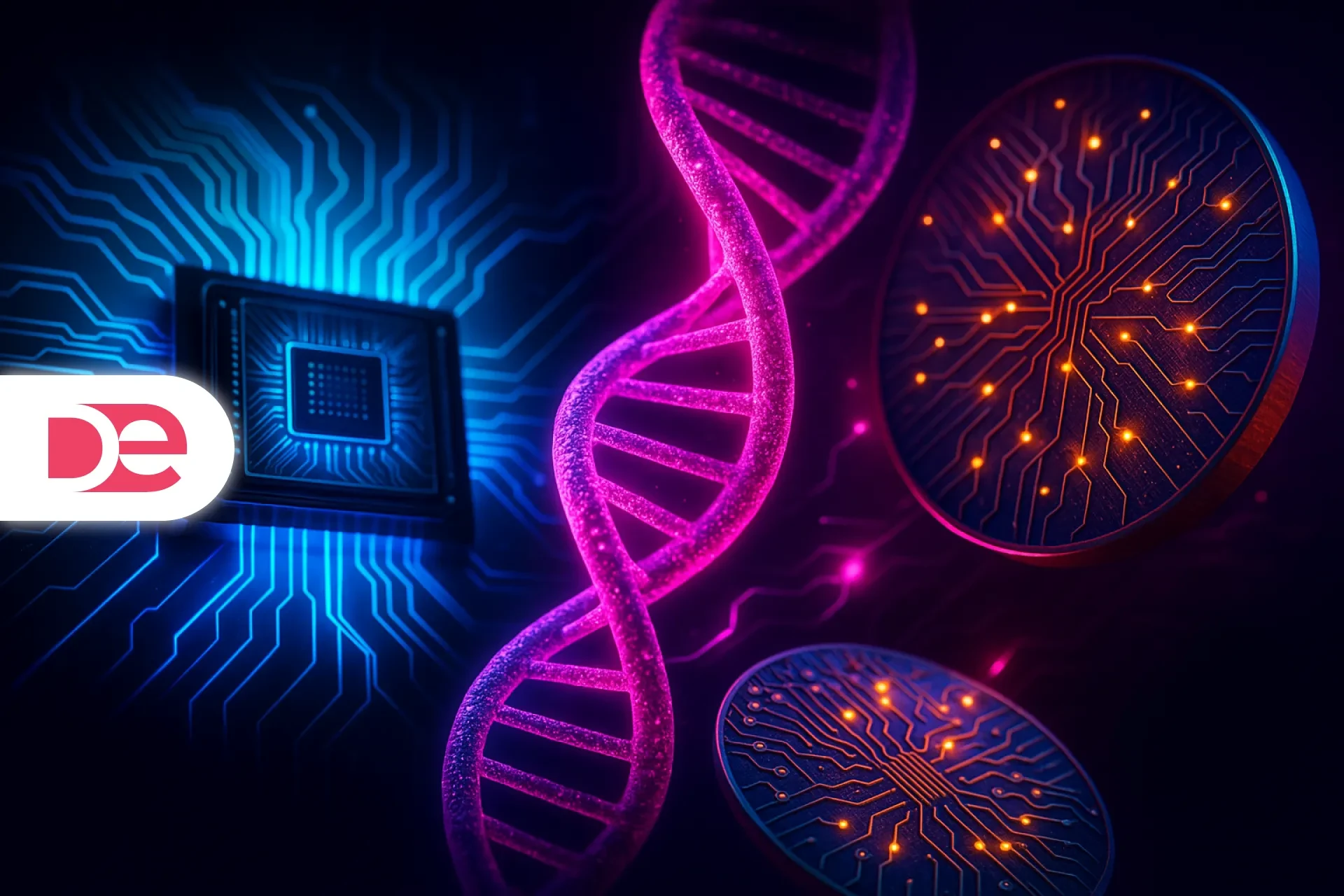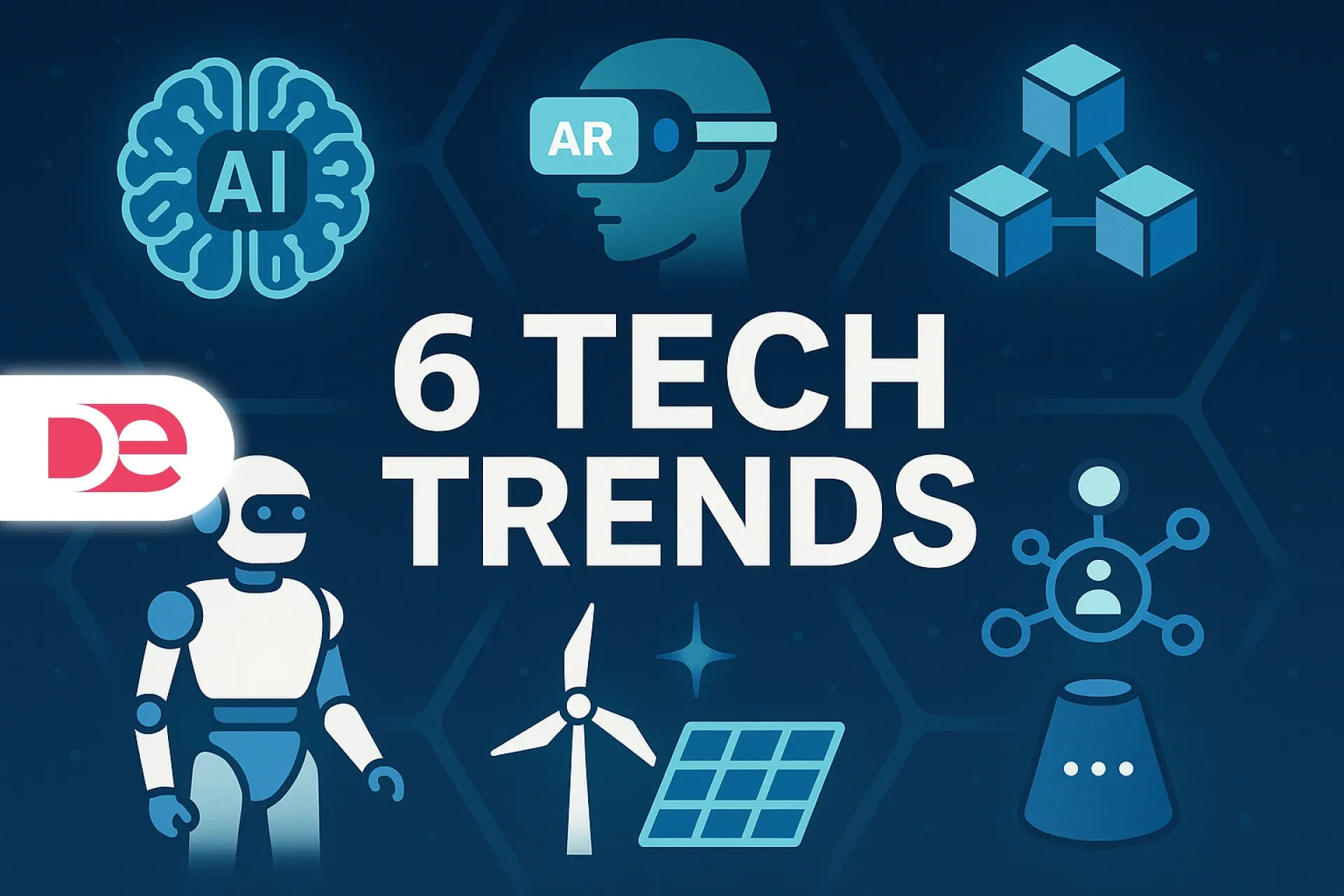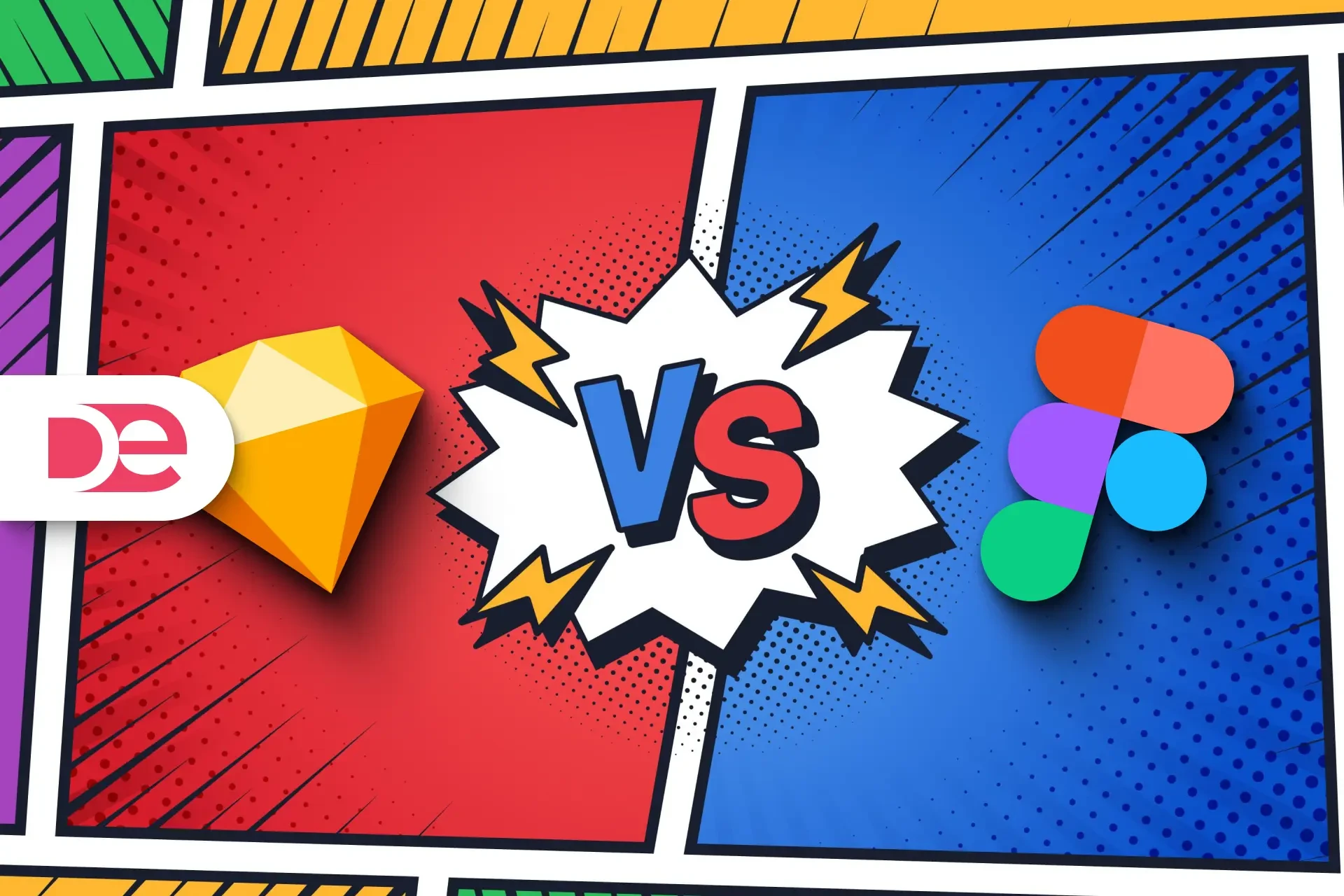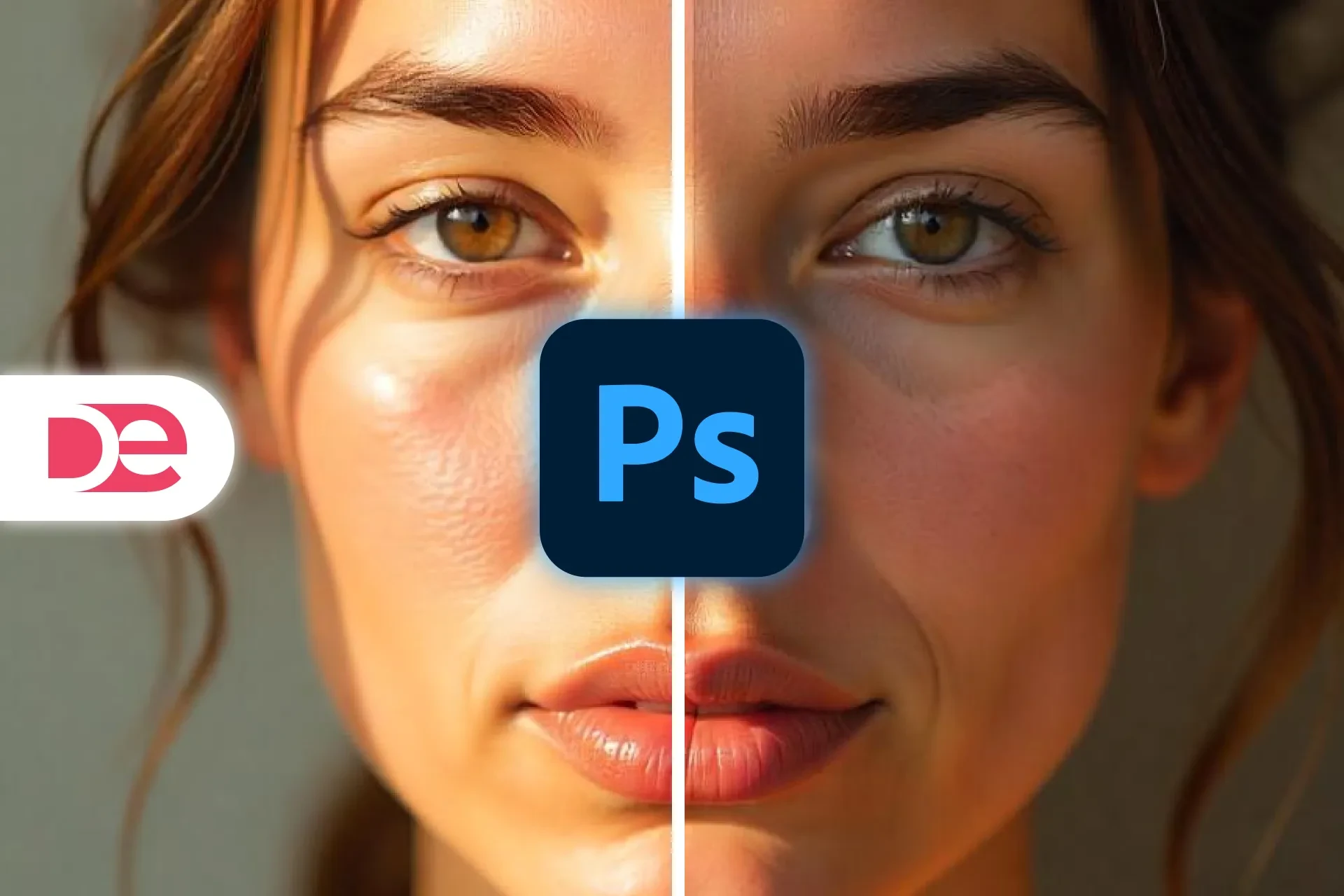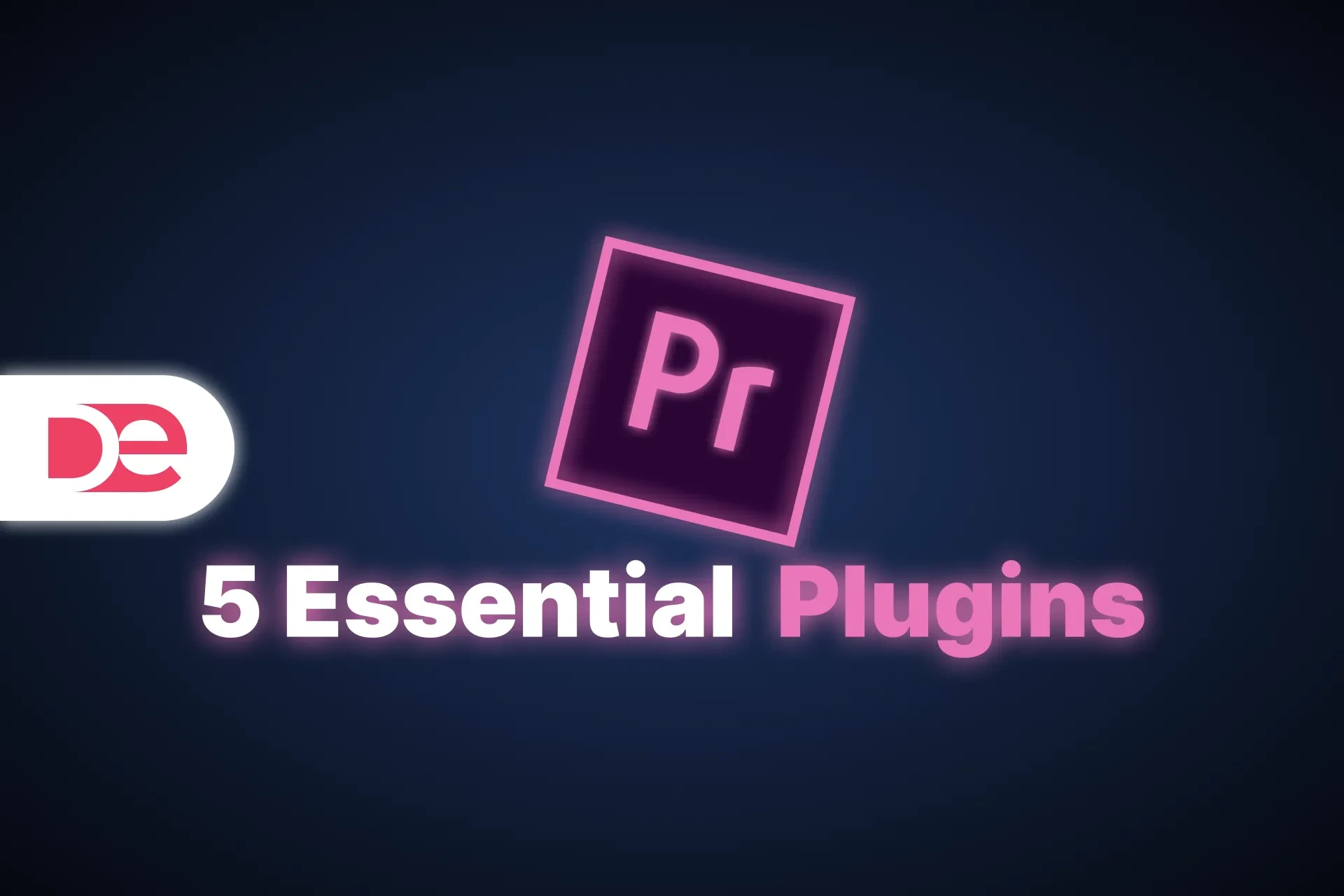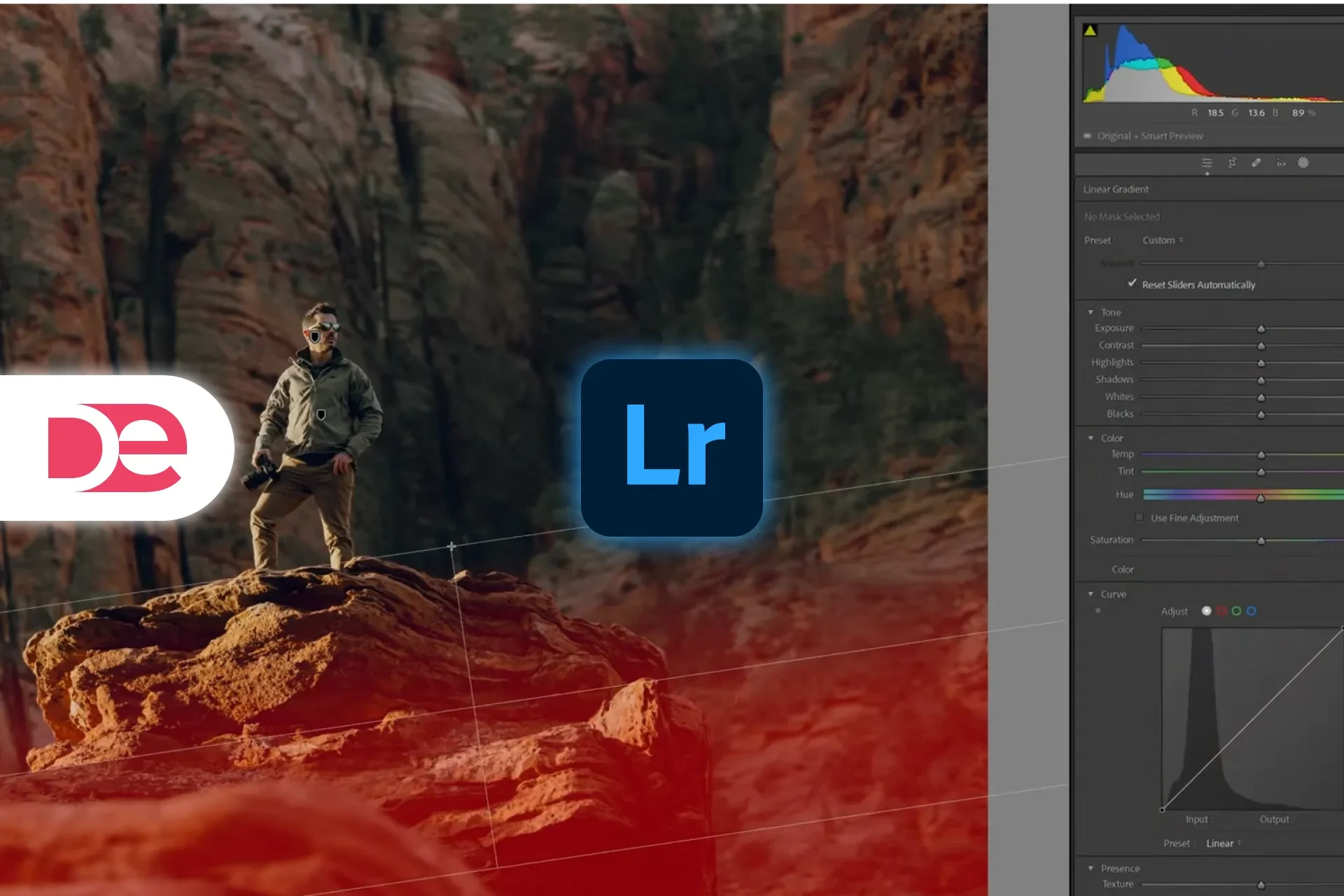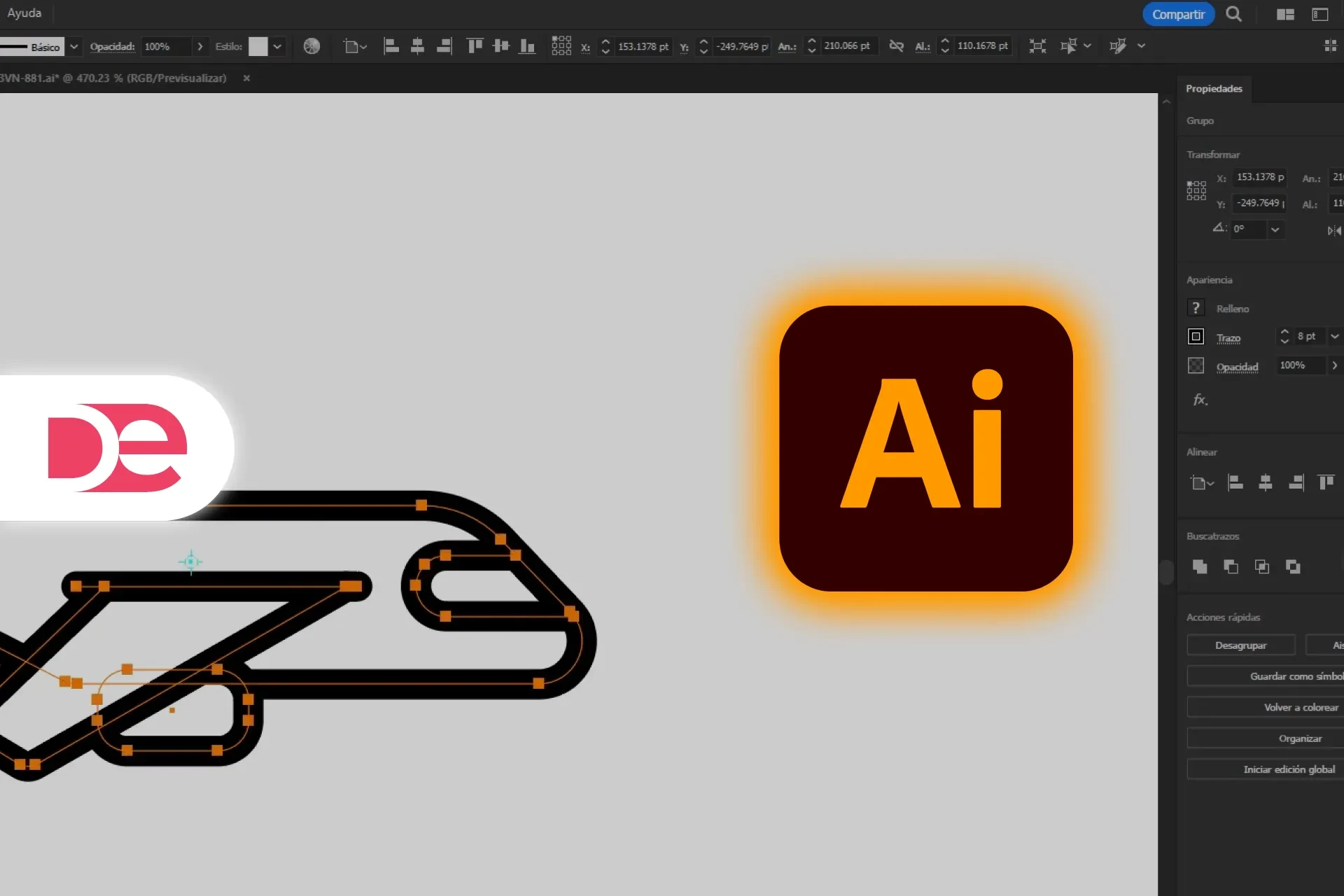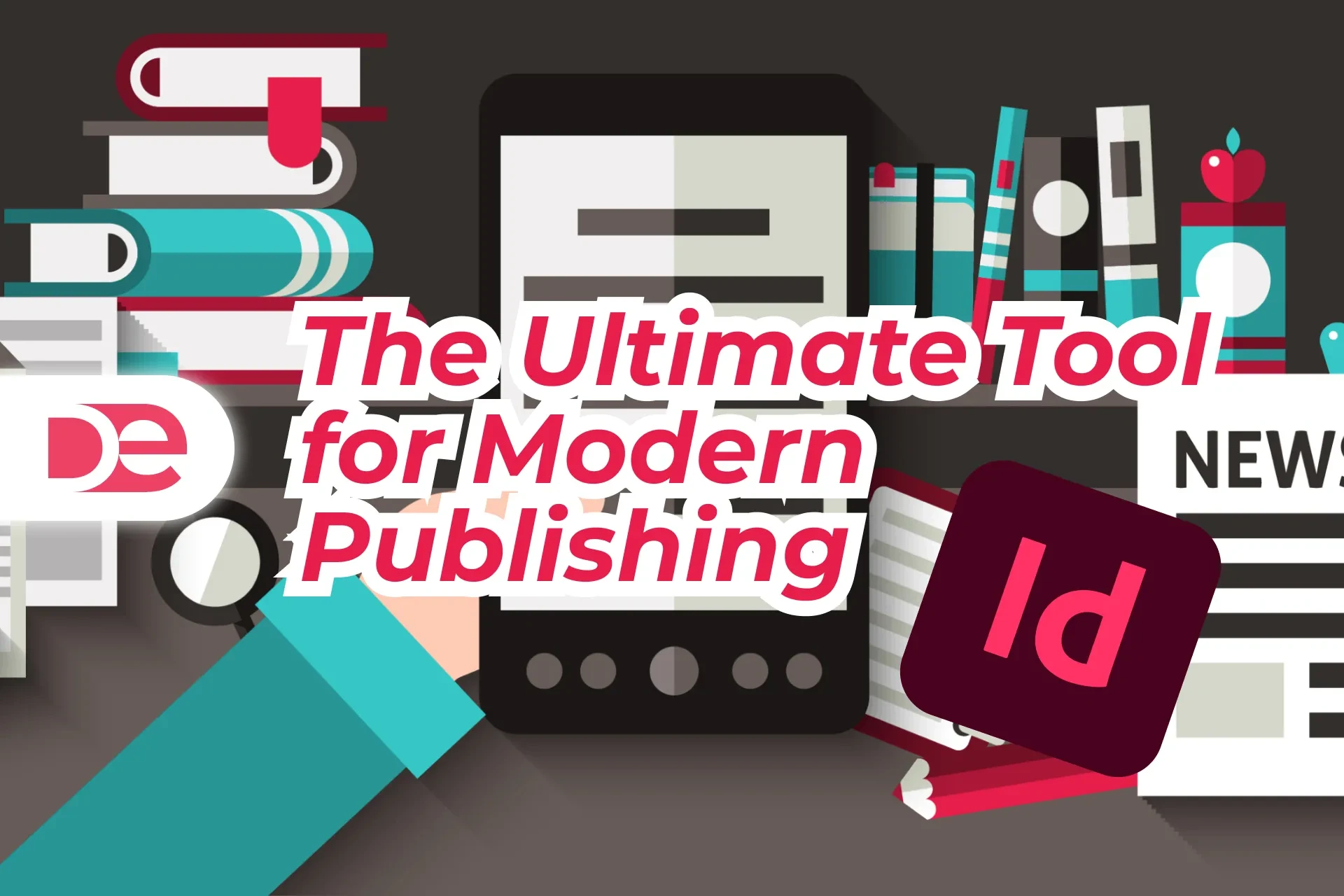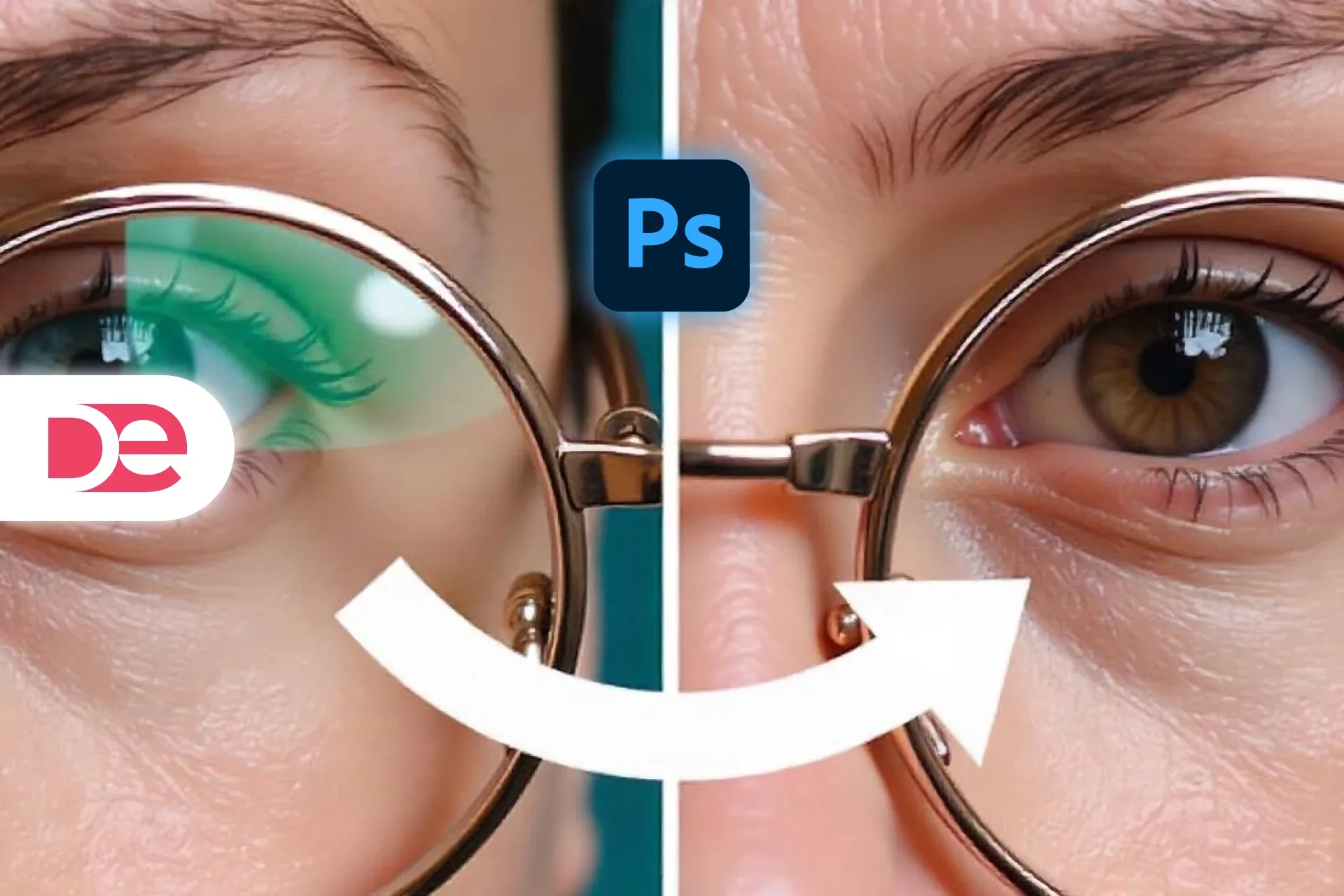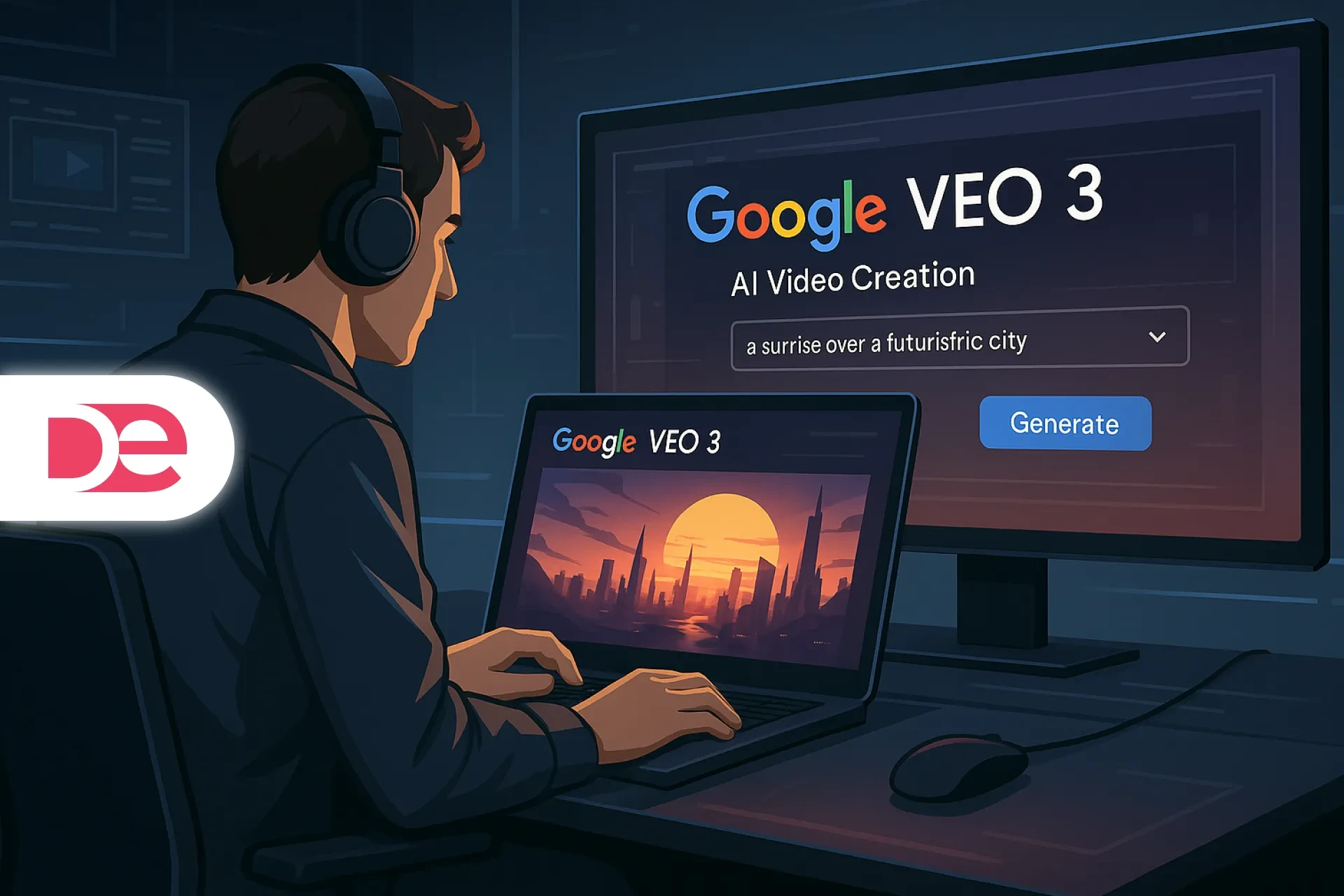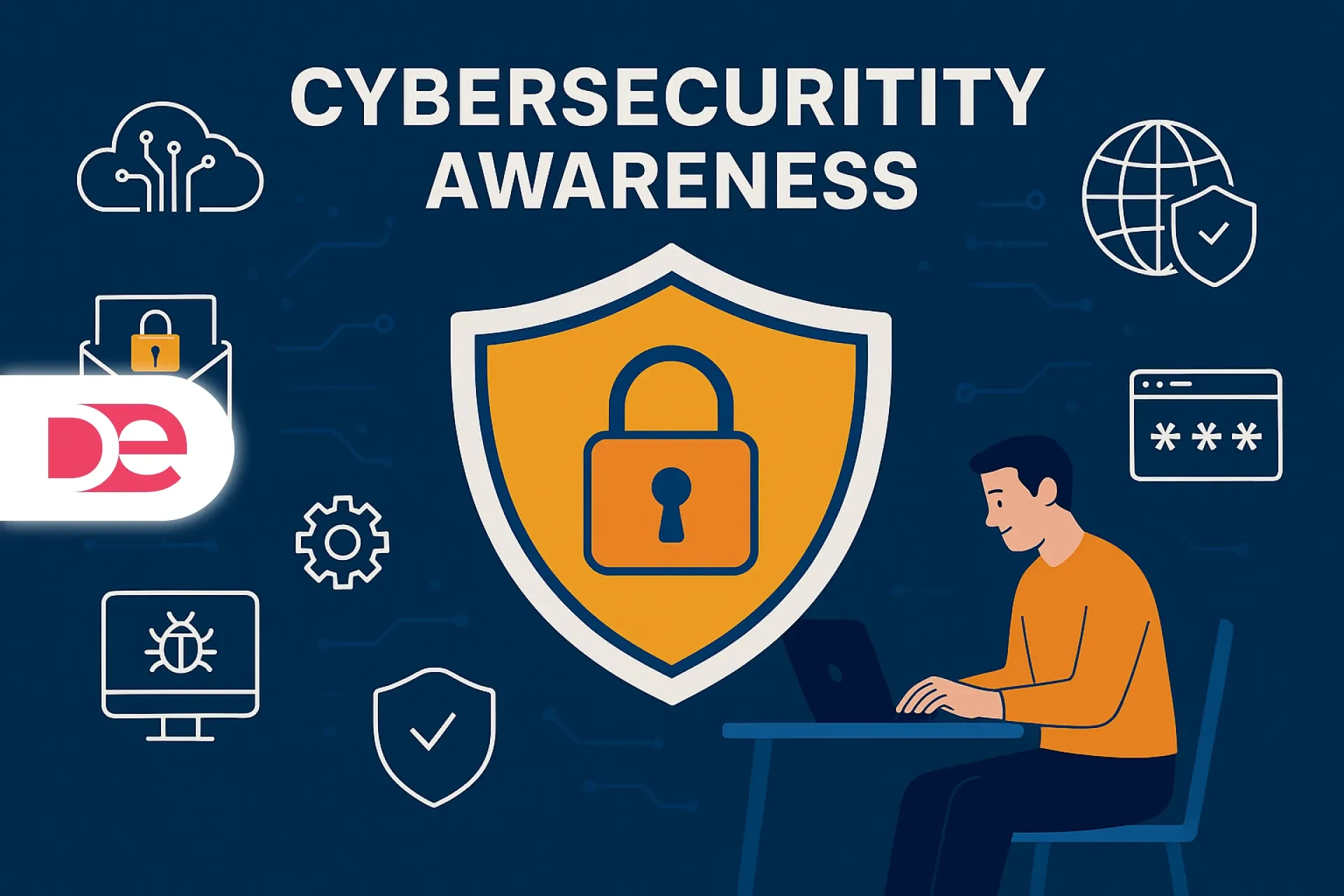Table of Contents
Artificial Intelligence (AI) is rapidly reshaping the landscape of digital marketing and content creation. By automating processes, optimizing strategies, and delivering personalized experiences, AI empowers marketers and creators to operate more efficiently and effectively. This guide explores how AI is transforming the field, examining its benefits, challenges, and best practices for successful implementation.
AI in Audience Segmentation and Personalization
AI excels at analyzing large datasets to uncover meaningful insights, making audience segmentation and personalization more precise and impactful.
-
Advanced audience segmentation: AI tools assess user behavior, demographics, and preferences to create detailed audience profiles.
-
Personalized content delivery: AI algorithms recommend relevant content in real time, enhancing engagement and driving conversions.
-
Enhanced customer experiences: AI-powered chatbots and virtual assistants offer timely support, improving satisfaction and retention.
Optimizing Advertising Campaigns with AI
AI-driven technologies are revolutionizing how businesses manage and scale their advertising efforts:
-
Programmatic advertising: AI automates ad placements and bidding for cost-effective and accurate targeting.
-
Predictive analytics: AI anticipates campaign performance and recommends strategic changes to boost ROI.
-
Dynamic ad creation: AI generates personalized ads tailored to user behavior and preferences.
AI-Powered Content Creation
AI is enabling marketers to create high-quality content faster and with greater precision:
-
Automated content generation: Tools like ChatGPT assist in drafting blog posts, social media captions, and product descriptions.
-
SEO optimization: AI platforms suggest trending keywords and structure content to improve search engine rankings.
-
Content curation: AI identifies popular topics and generates content ideas based on audience interests and intent.
See also: Operator by OpenAI: The Revolution of AI-Powered Automation
AI Tools for Digital Marketing
A variety of AI-powered tools are transforming different aspects of digital marketing:
-
Chatbots: Automate customer interactions and lead nurturing (e.g., ChatGPT, Drift, ManyChat).
-
AI-driven analytics: Platforms like Google Analytics and HubSpot use AI to monitor performance and recommend optimizations.
-
Creative AI: Tools such as Canva and Adobe Sensei use AI to improve design and visual storytelling.
Challenges and Considerations
While AI brings numerous benefits, it also comes with important considerations:
-
Data privacy and ethics: Marketers must ensure compliance with GDPR, CCPA, and other data protection regulations.
-
Maintaining authenticity: AI-generated content should reflect the brand's voice and maintain a human touch.
-
Learning curve: Effective AI adoption requires training, integration, and ongoing adjustment.
Best Practices for Implementing AI in Marketing
To get the most out of AI technologies, marketers should follow these best practices:
-
Define clear objectives: Identify what you want AI to achieve—whether it's engagement, conversion, or efficiency.
-
Blend AI with human expertise: Use AI as a complement to human creativity and strategy.
-
Iterate and optimize: Continuously monitor results, gather feedback, and refine your AI applications.
Artificial Intelligence is more than a buzzword—it's a powerful ally for digital marketers and content creators. By streamlining workflows, enabling deeper personalization, and enhancing decision-making, AI is redefining how we approach digital marketing. To remain competitive, brands must embrace AI thoughtfully, balancing innovation with authenticity and strategic oversight.
